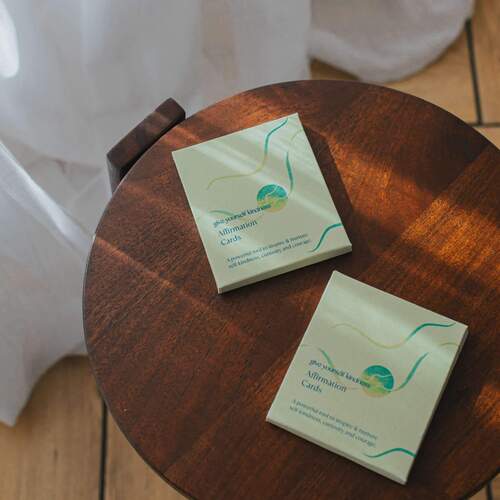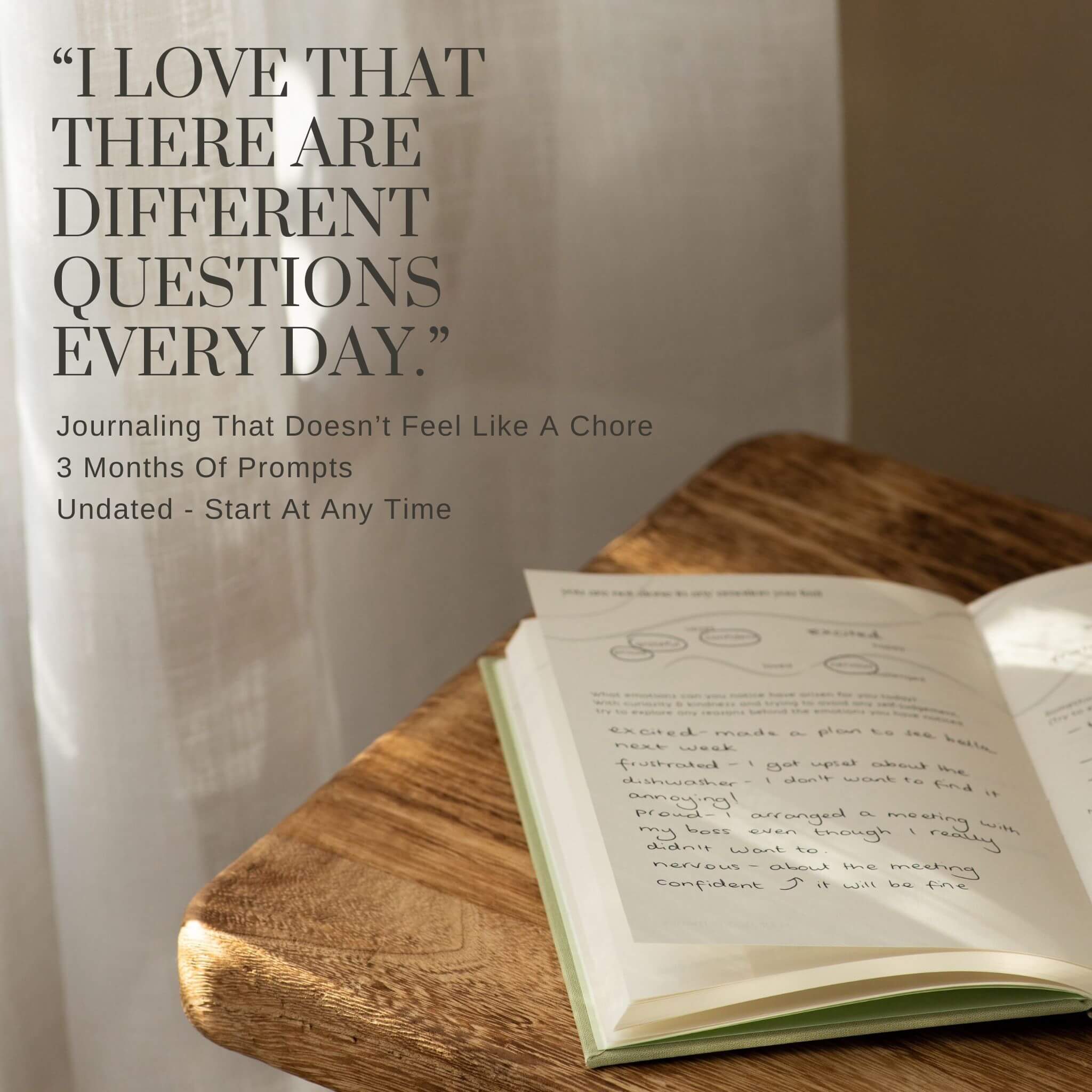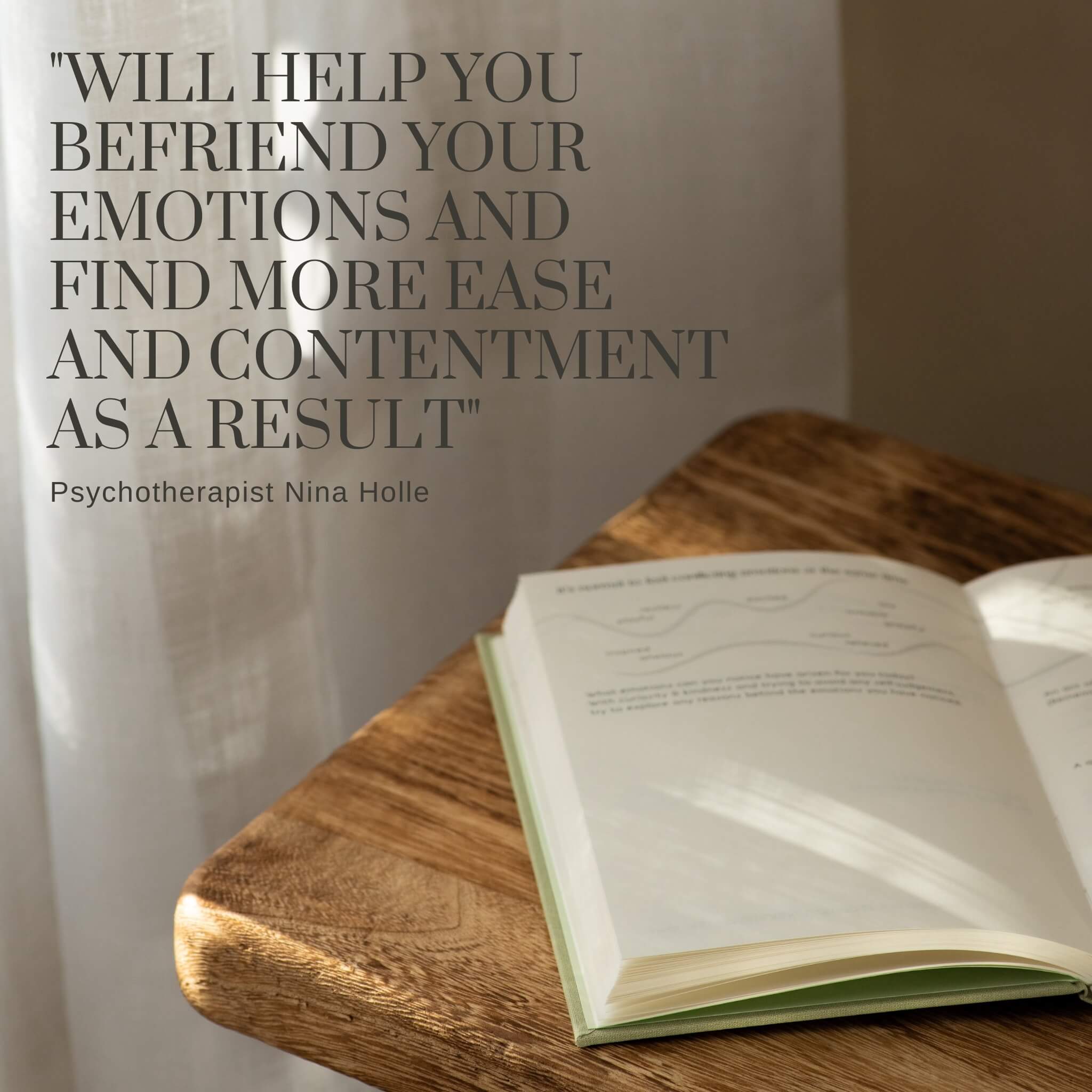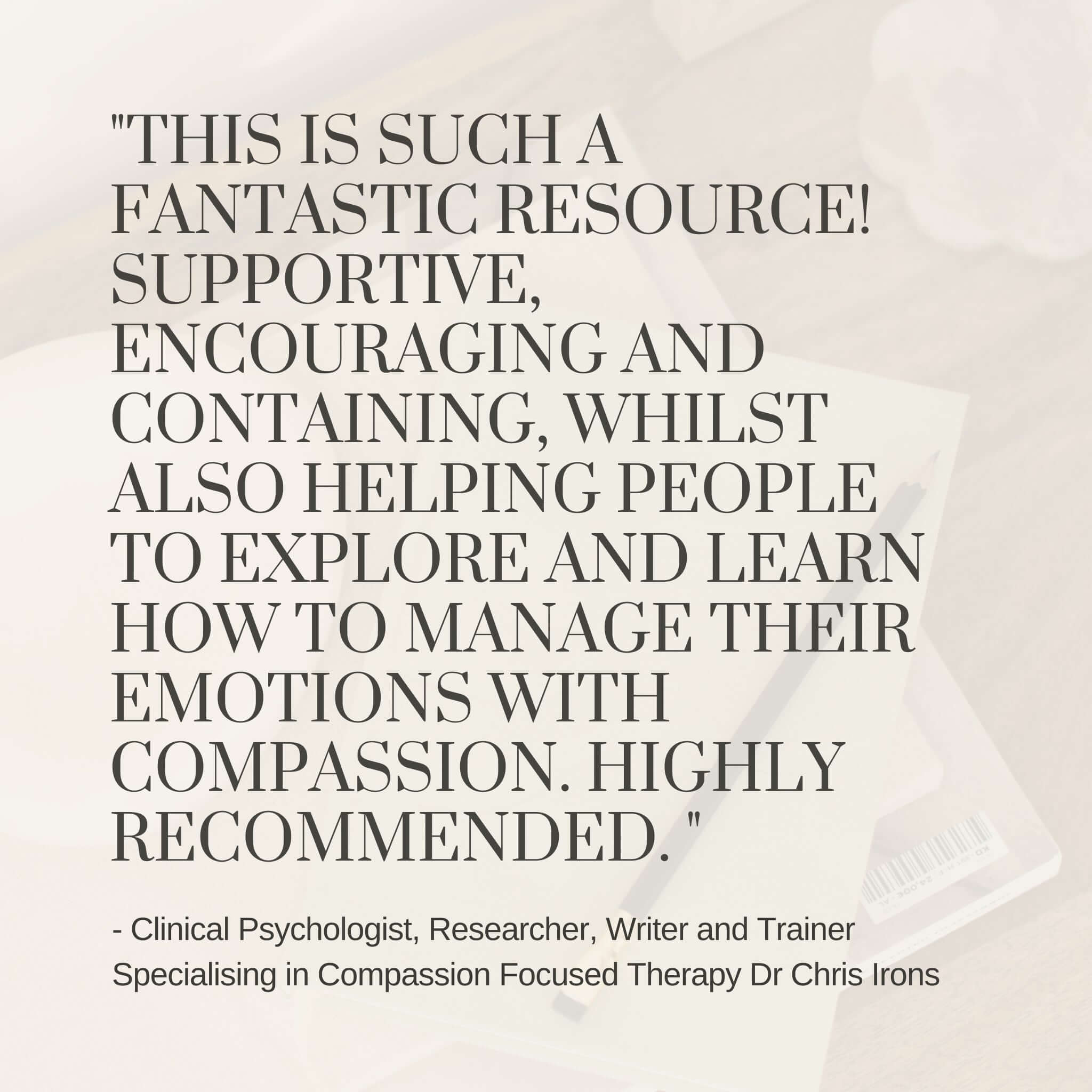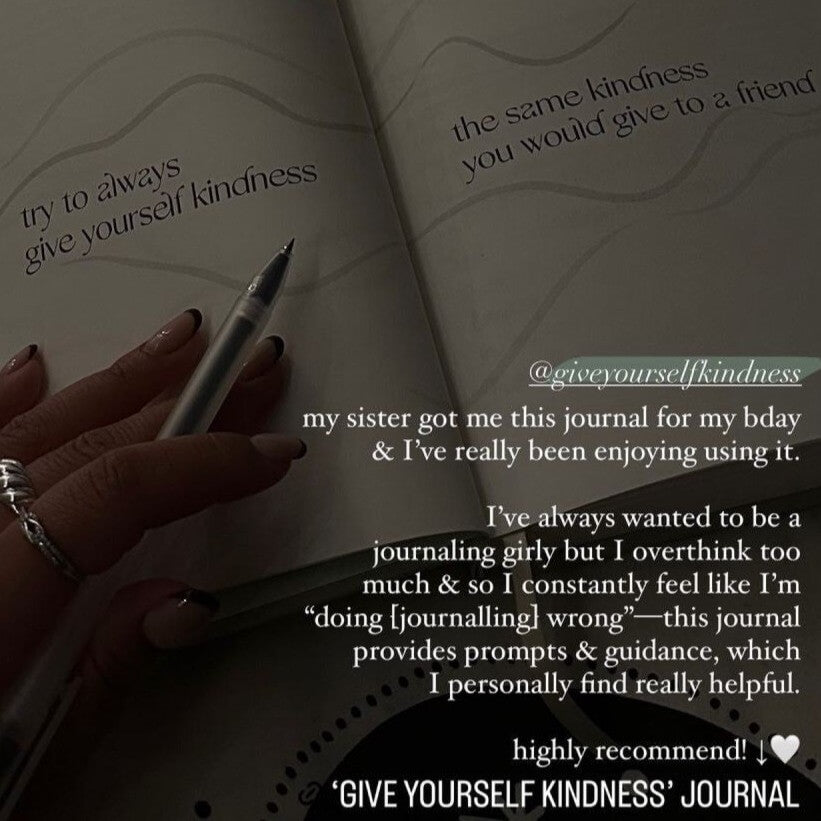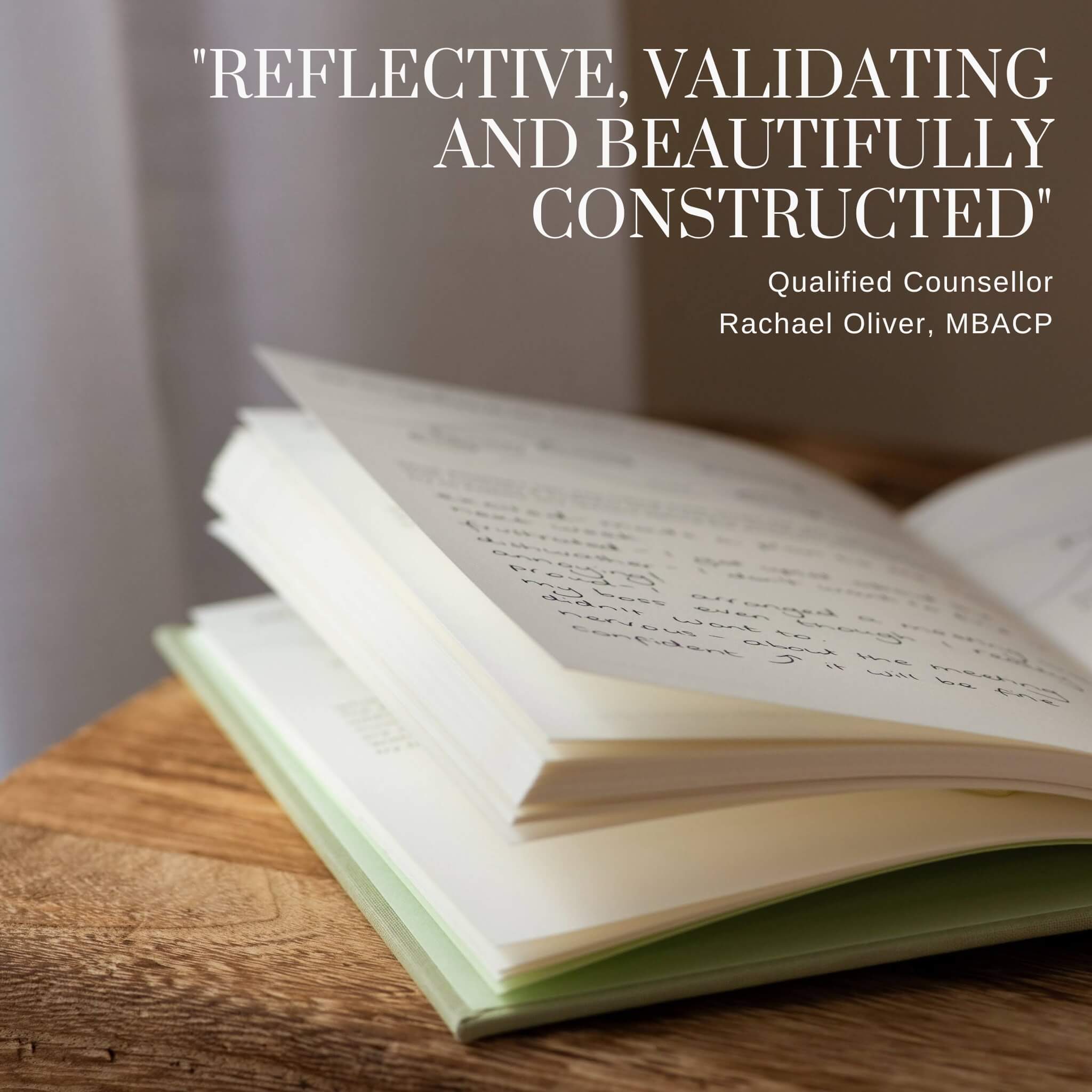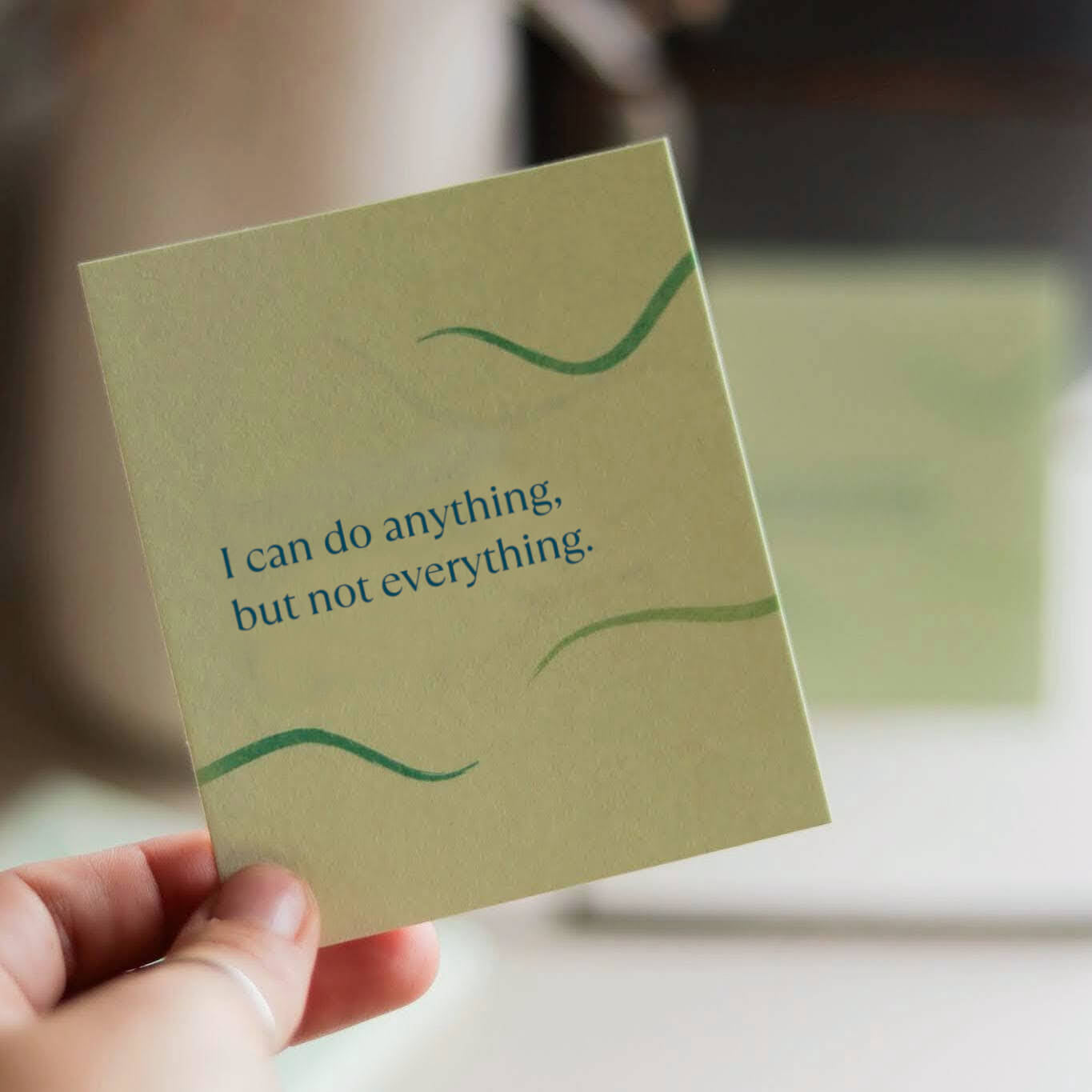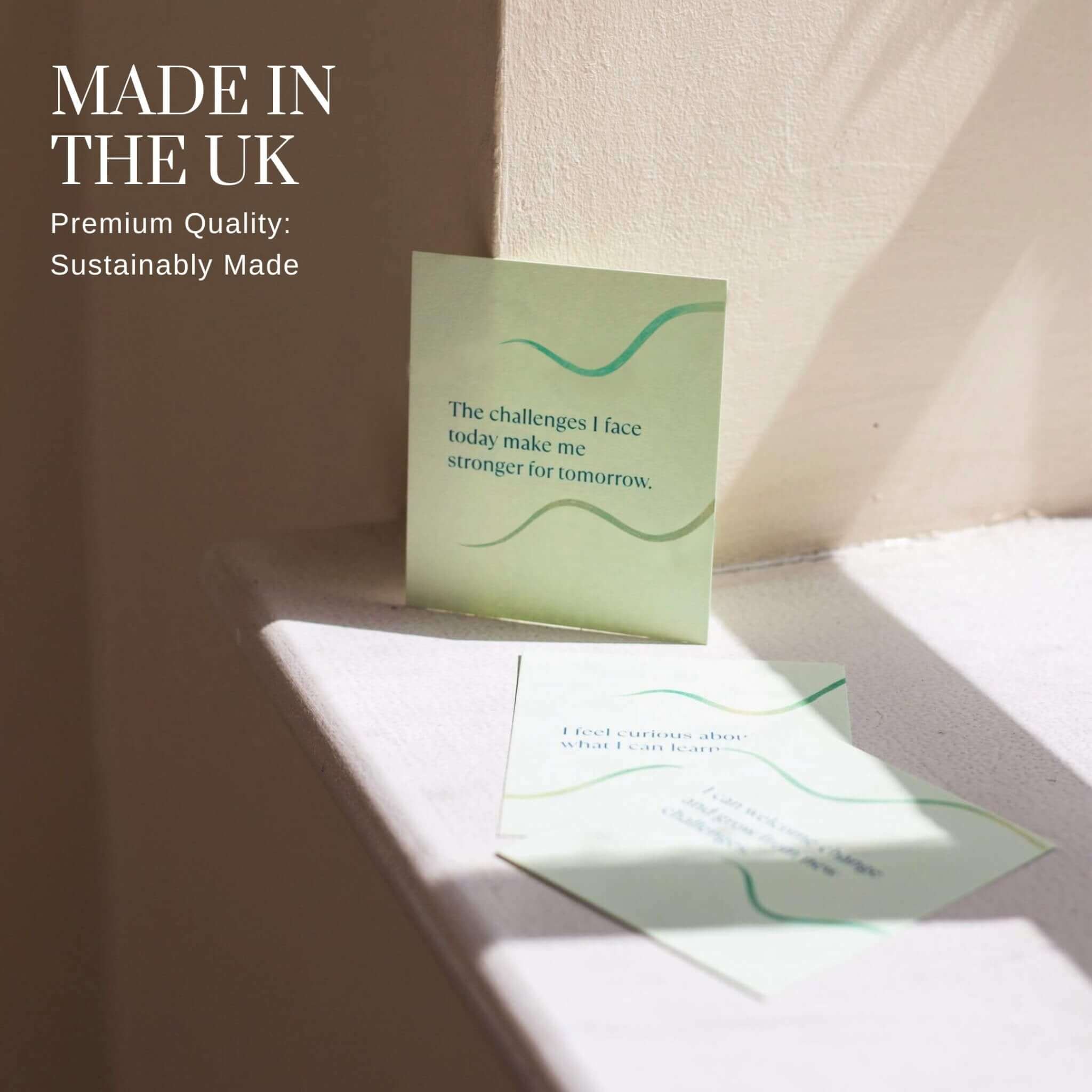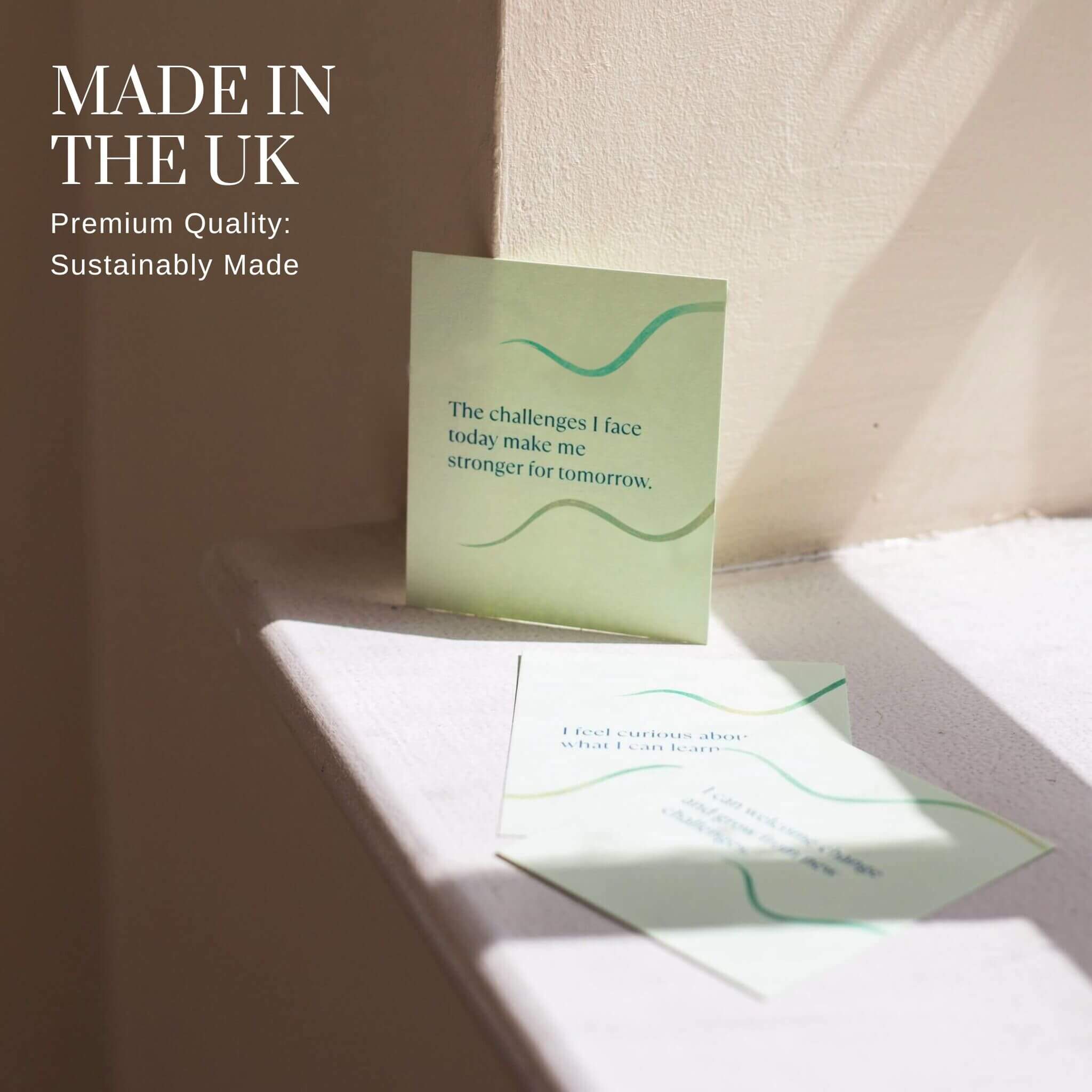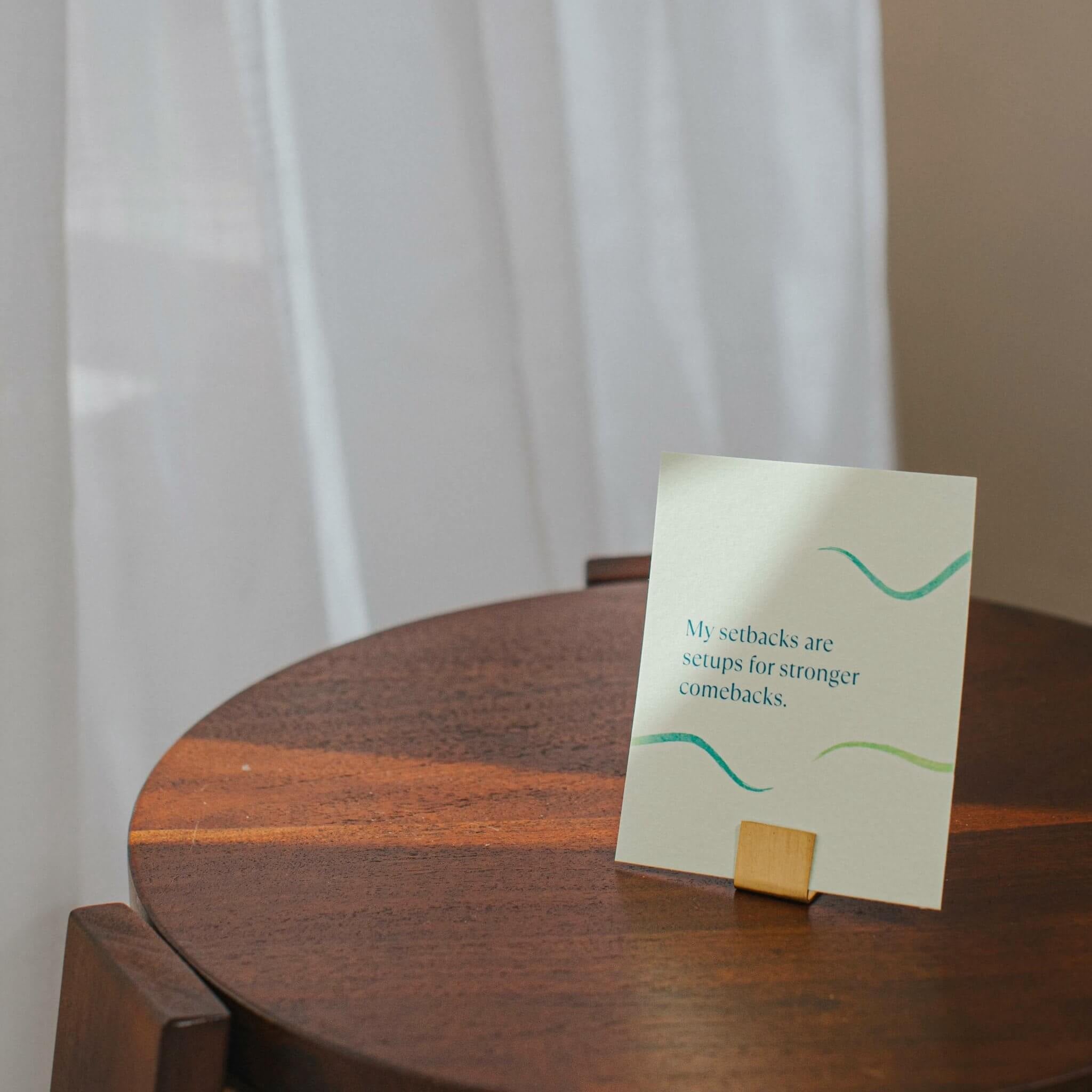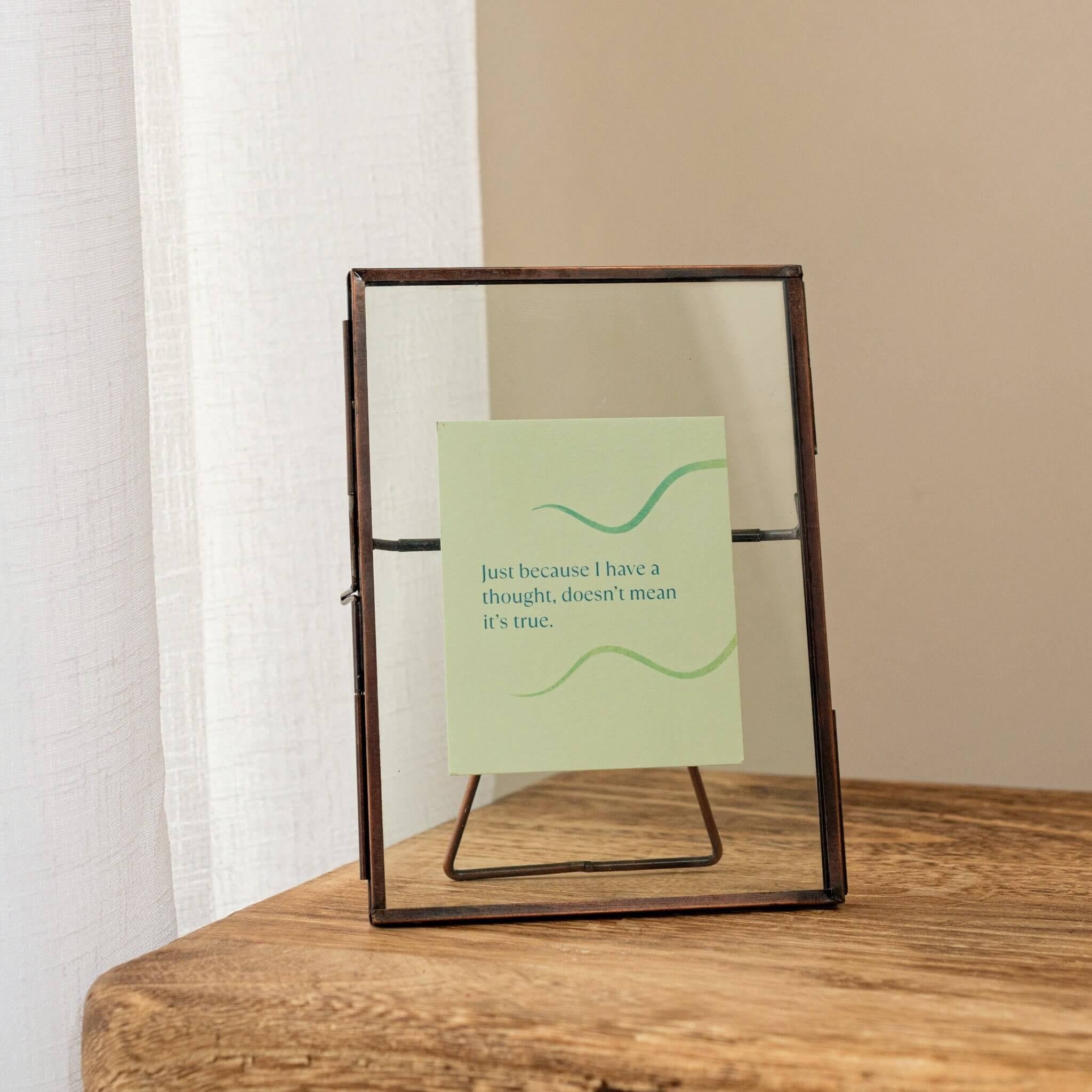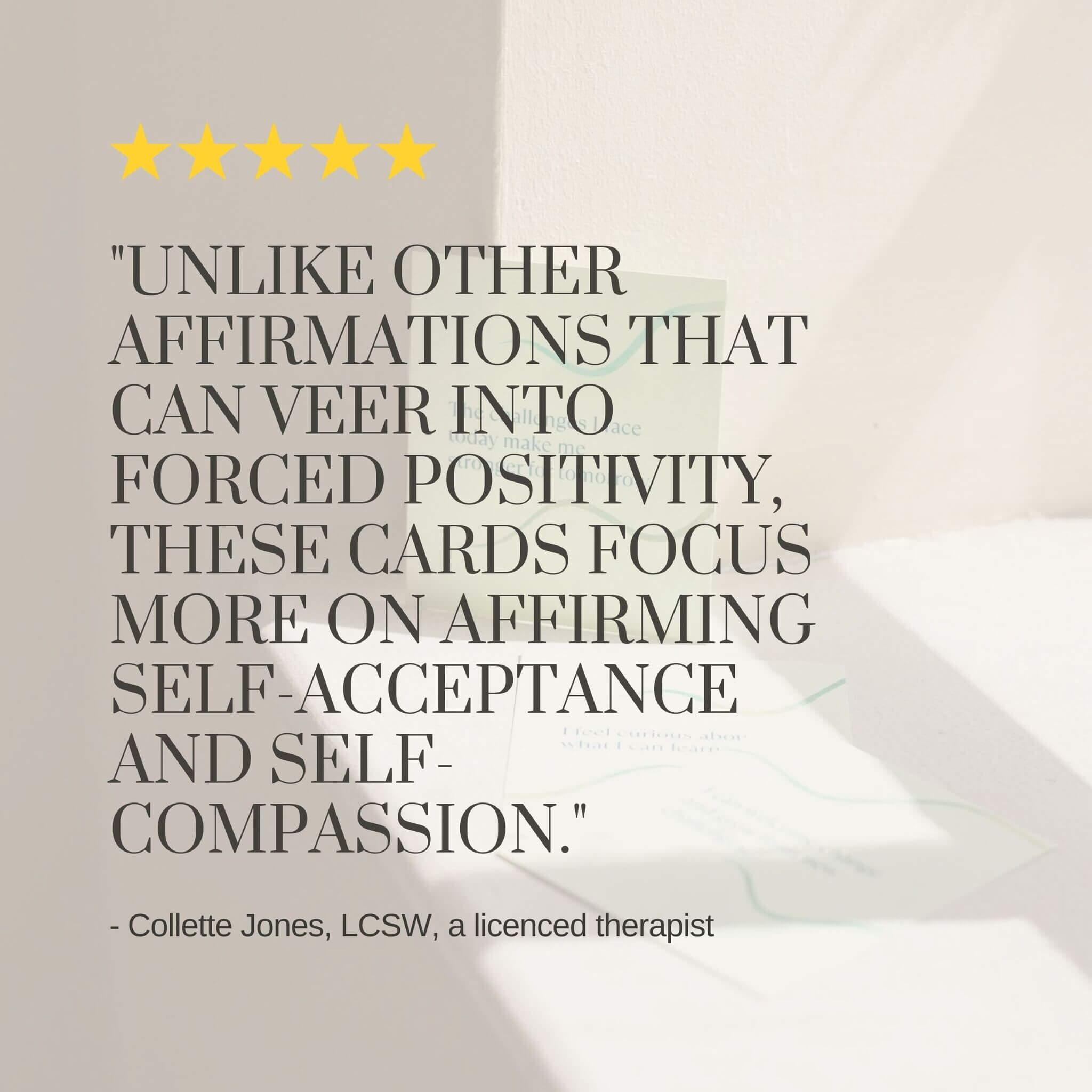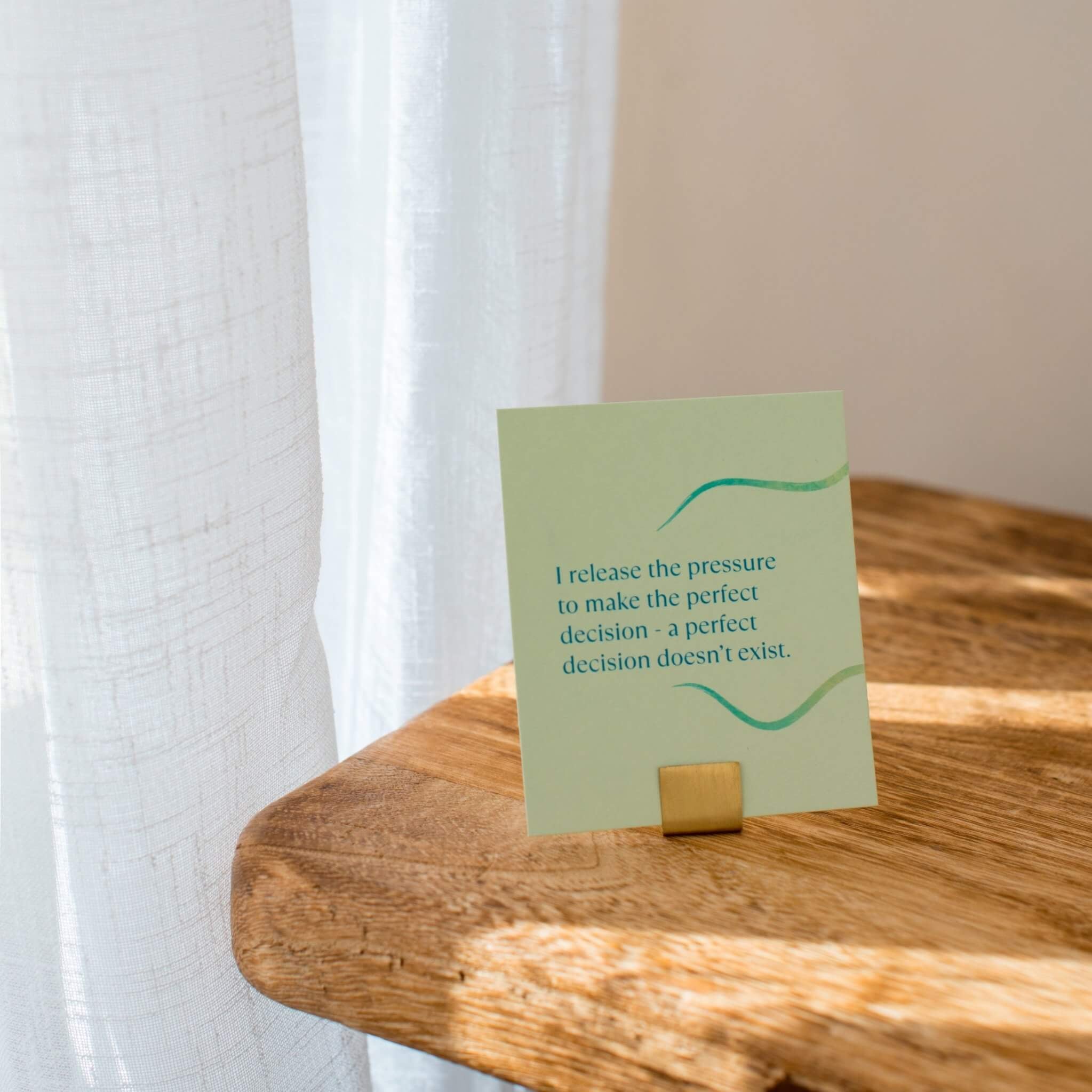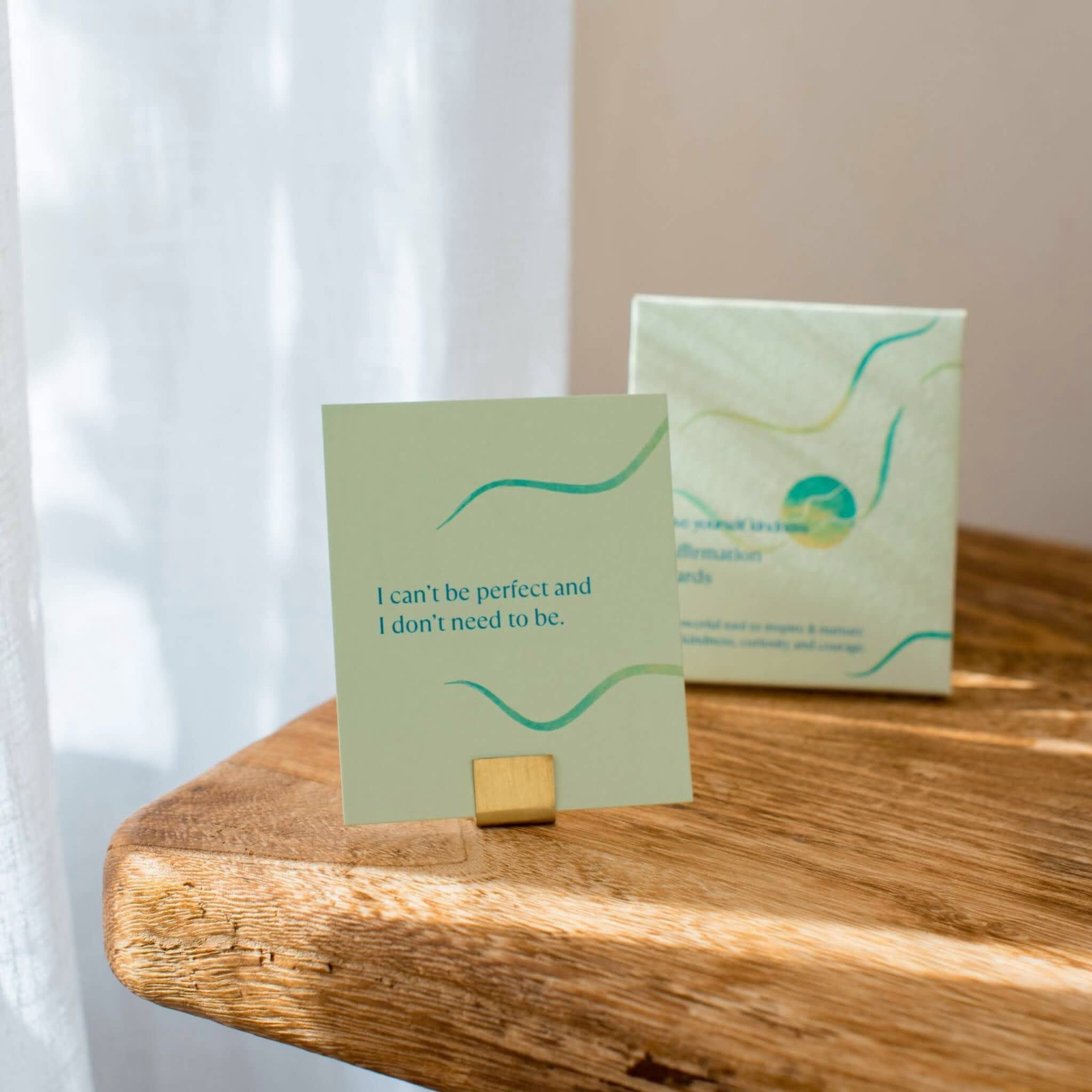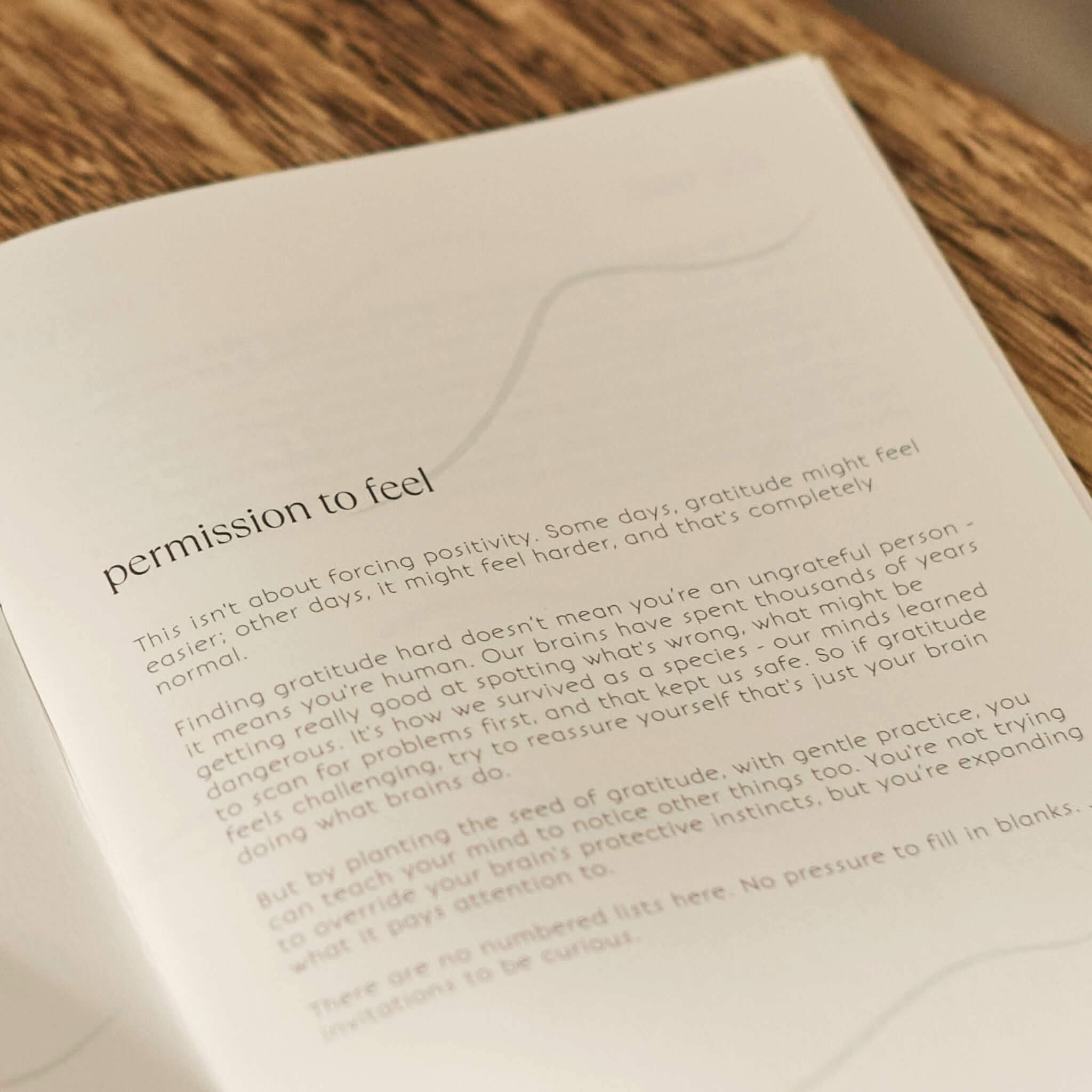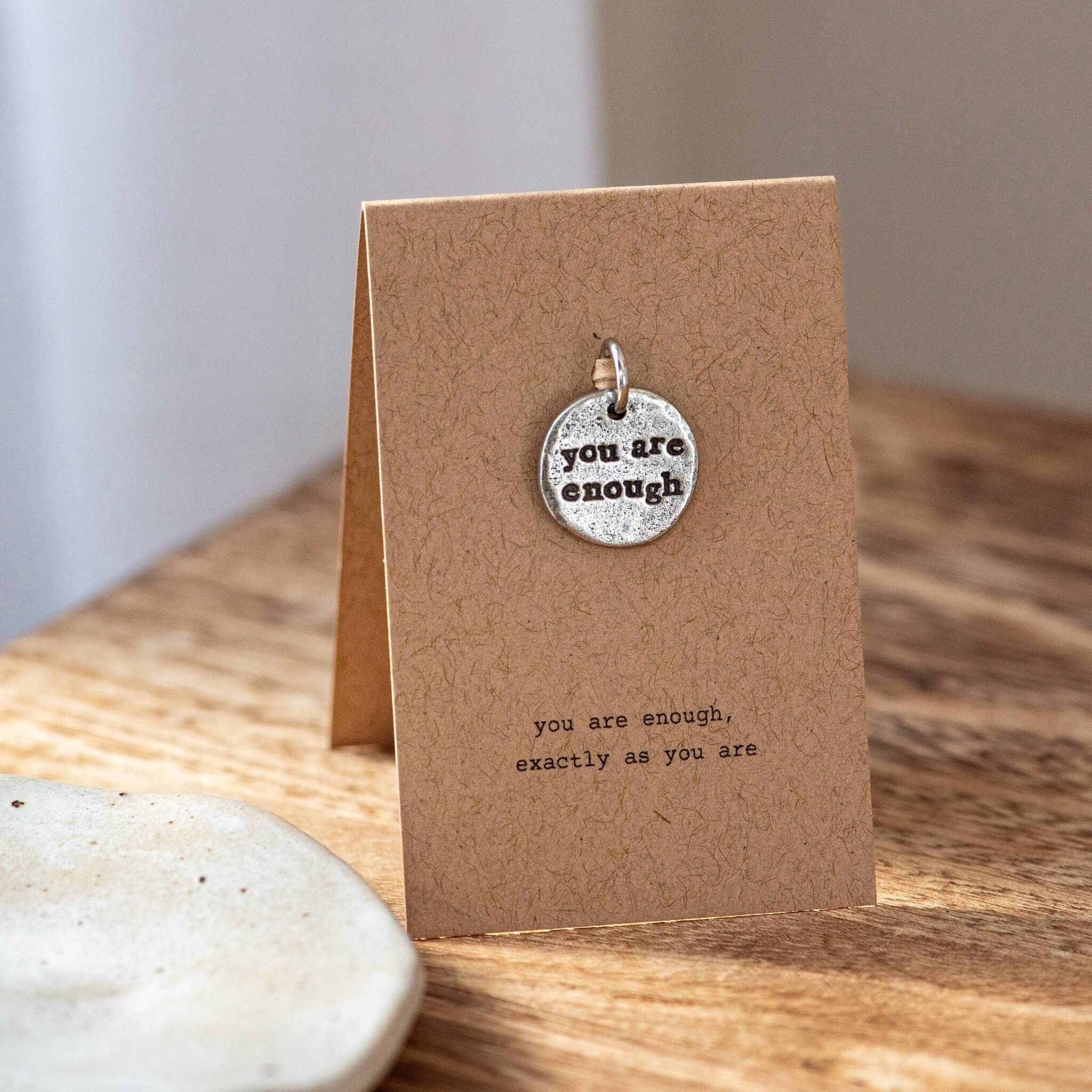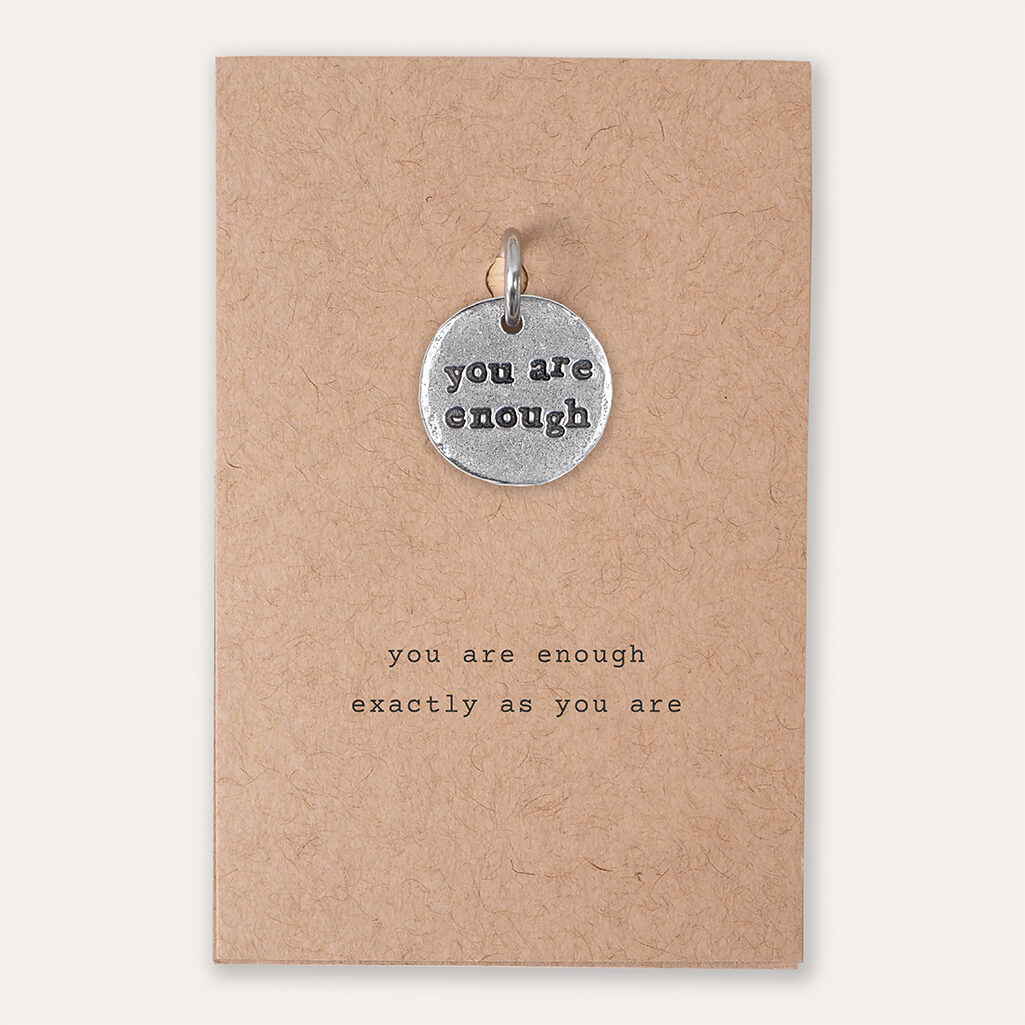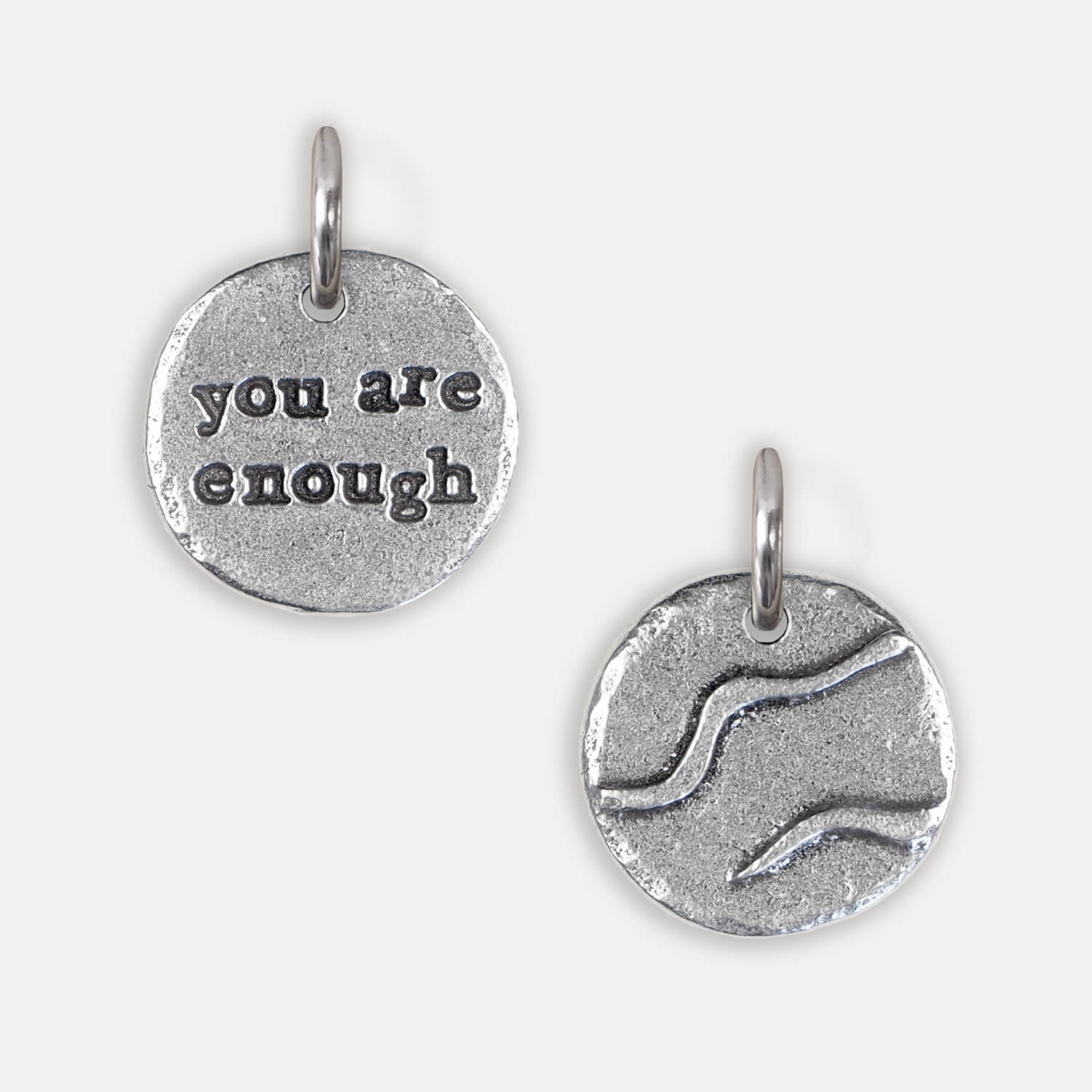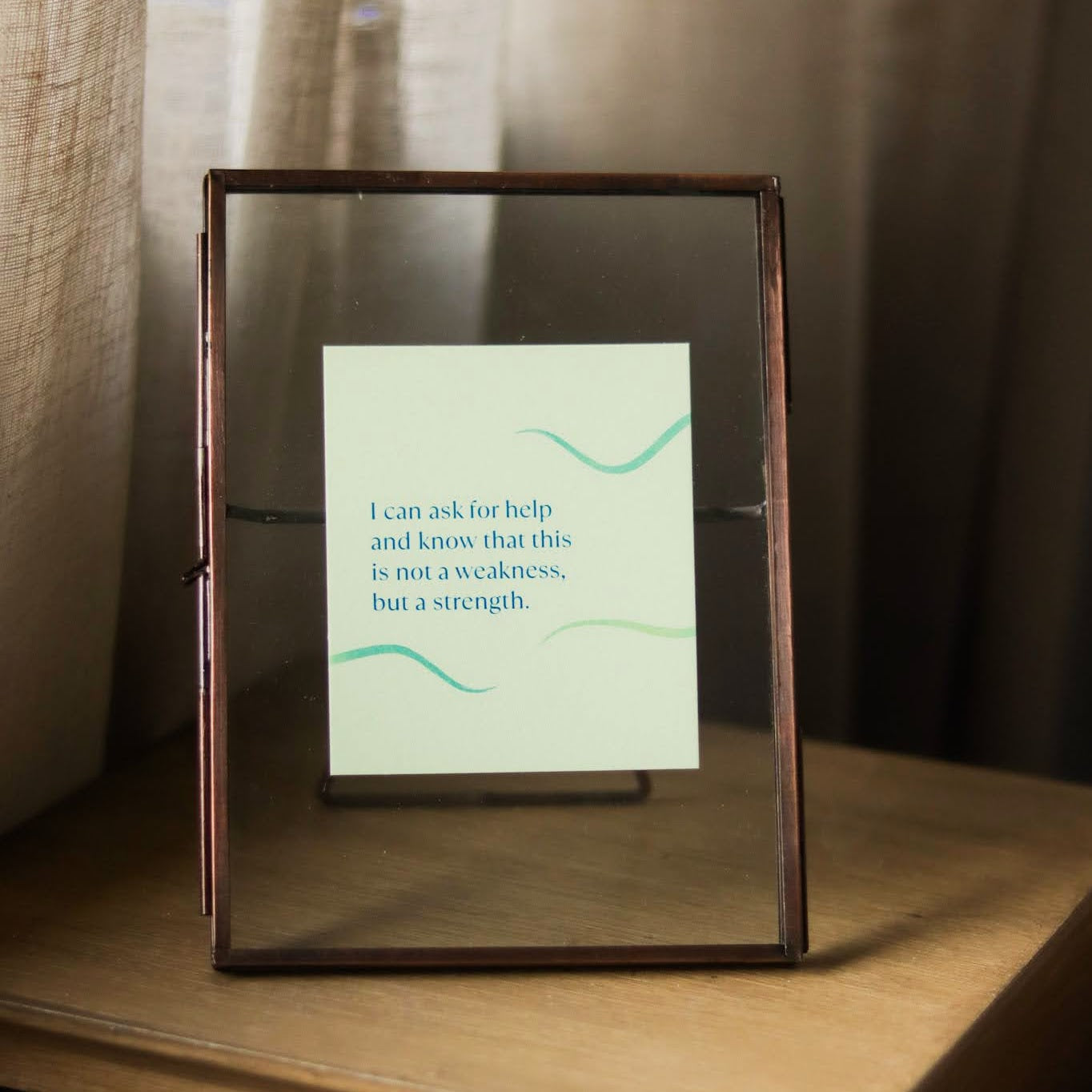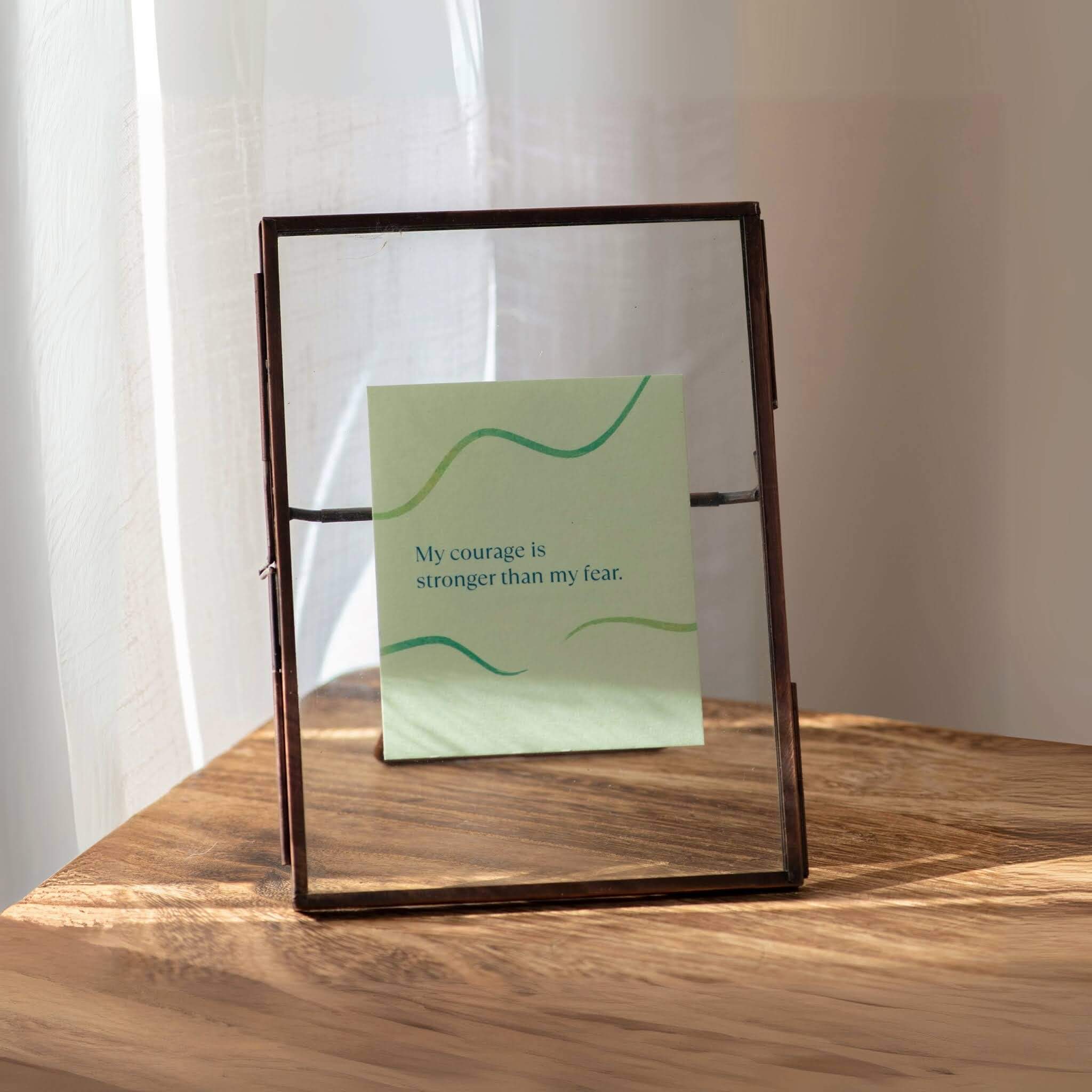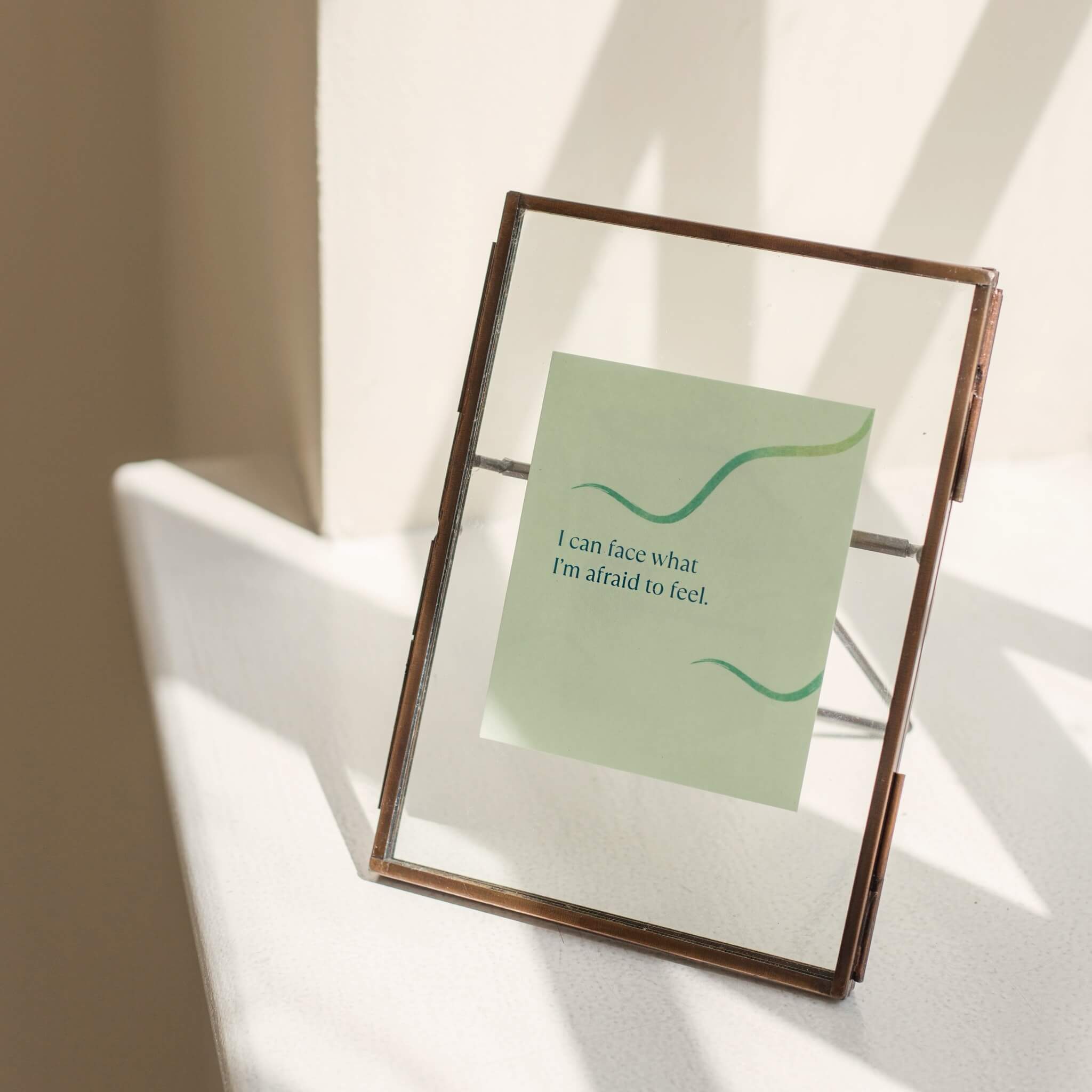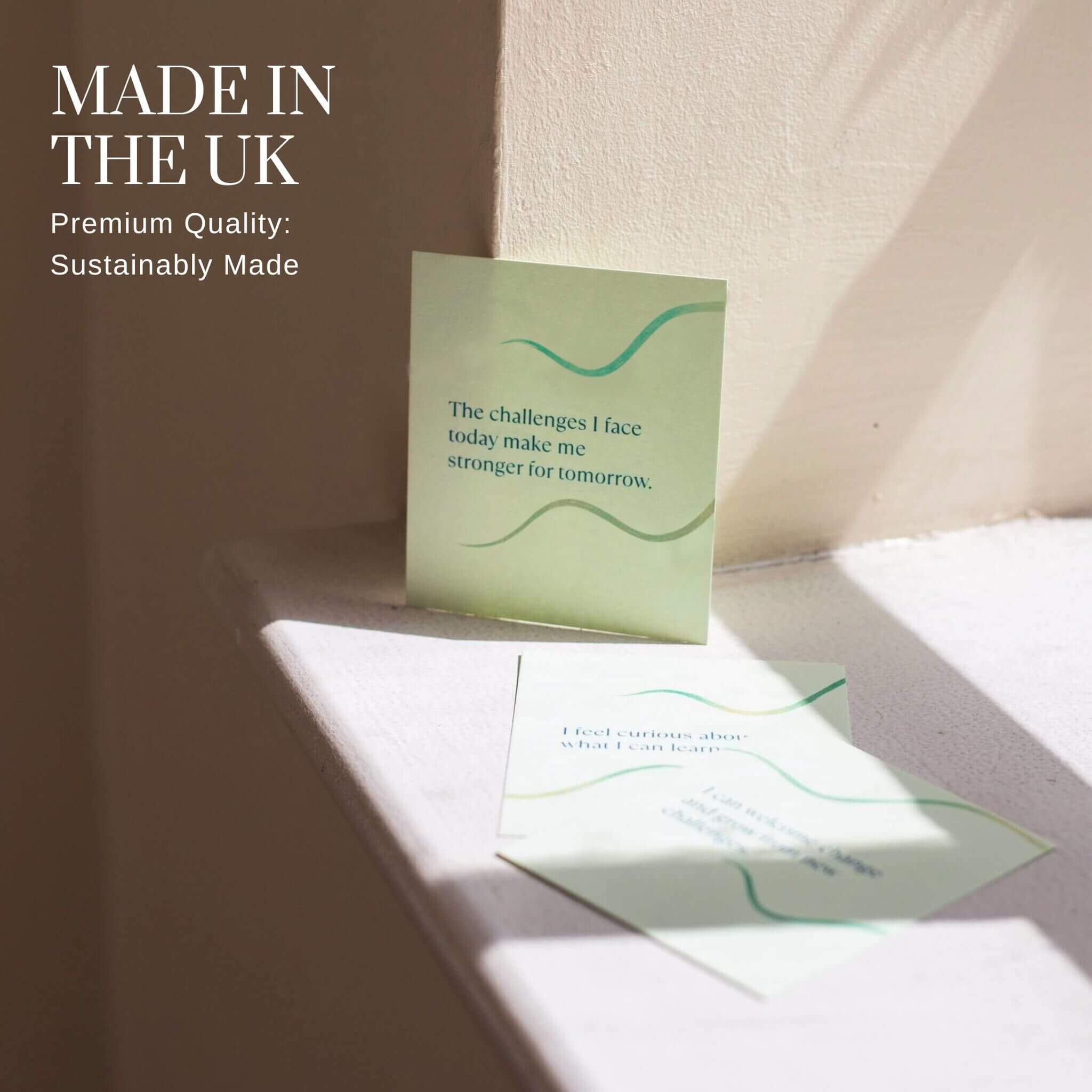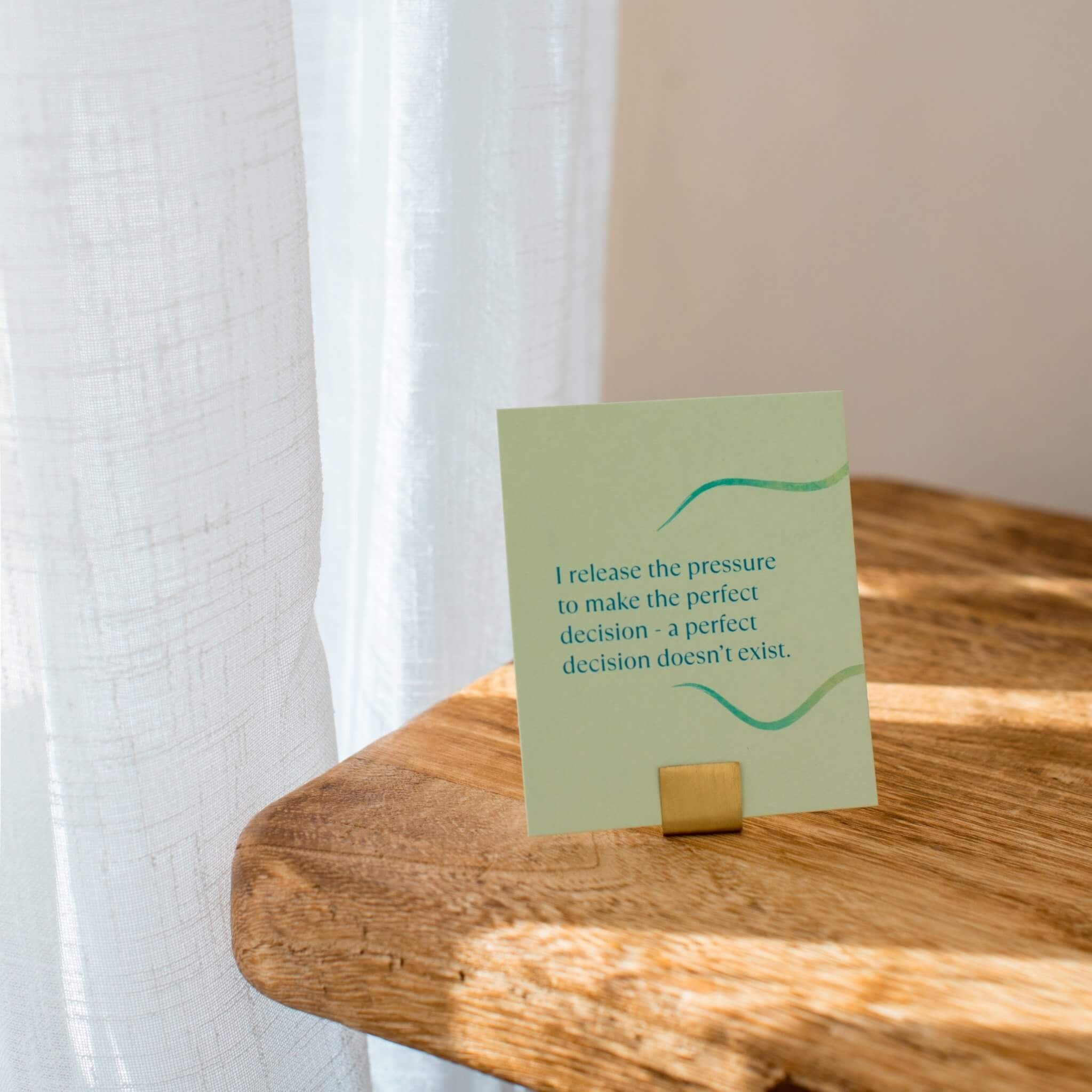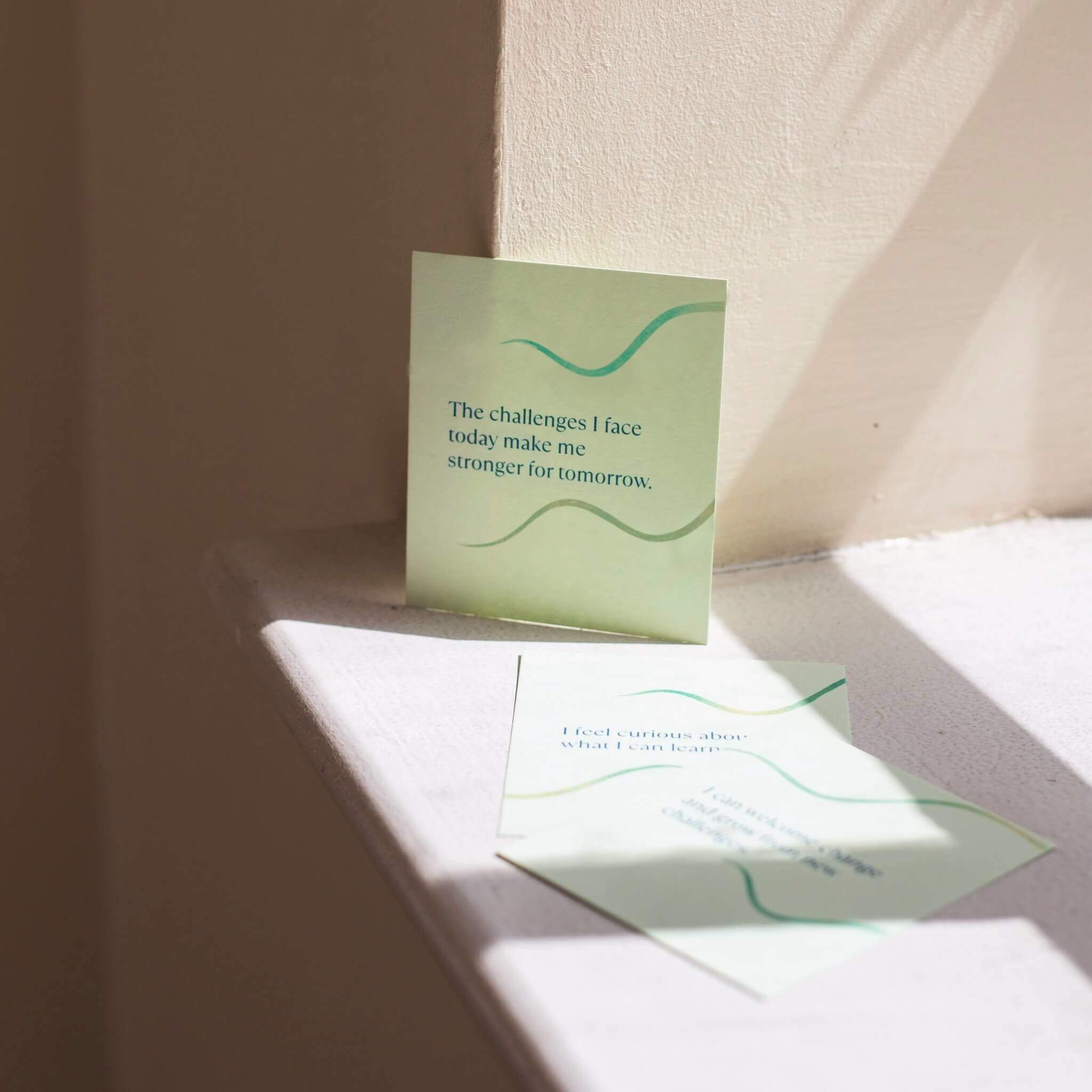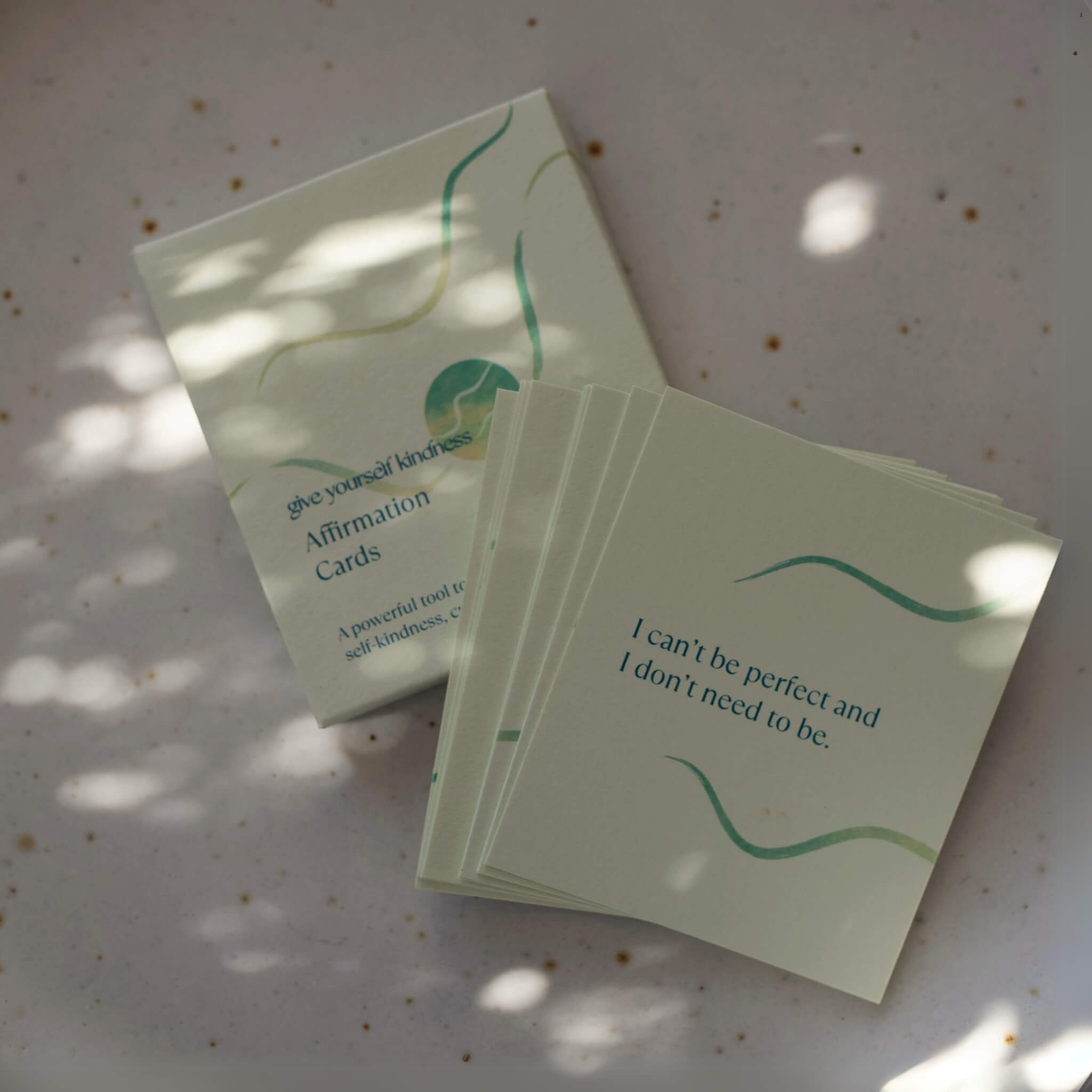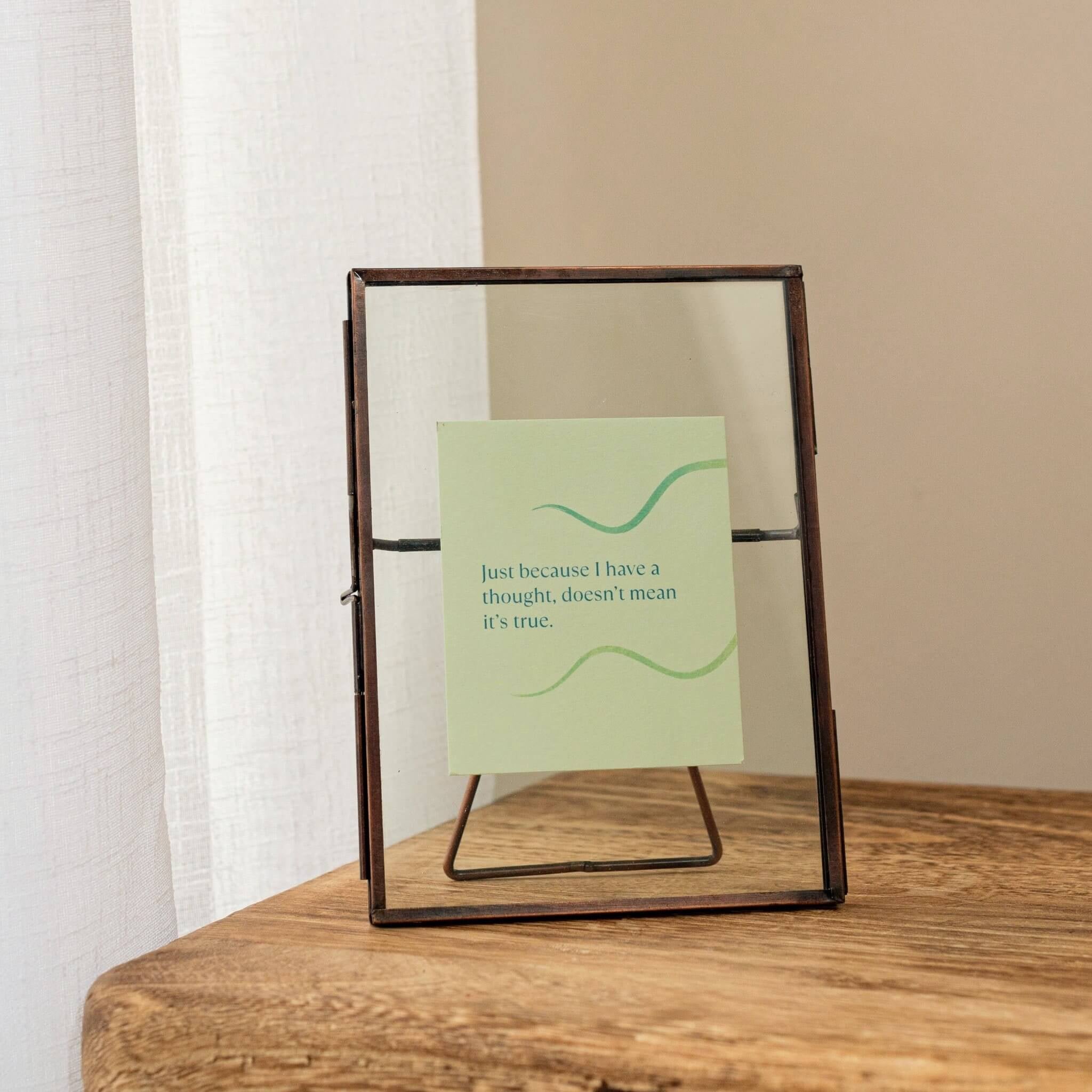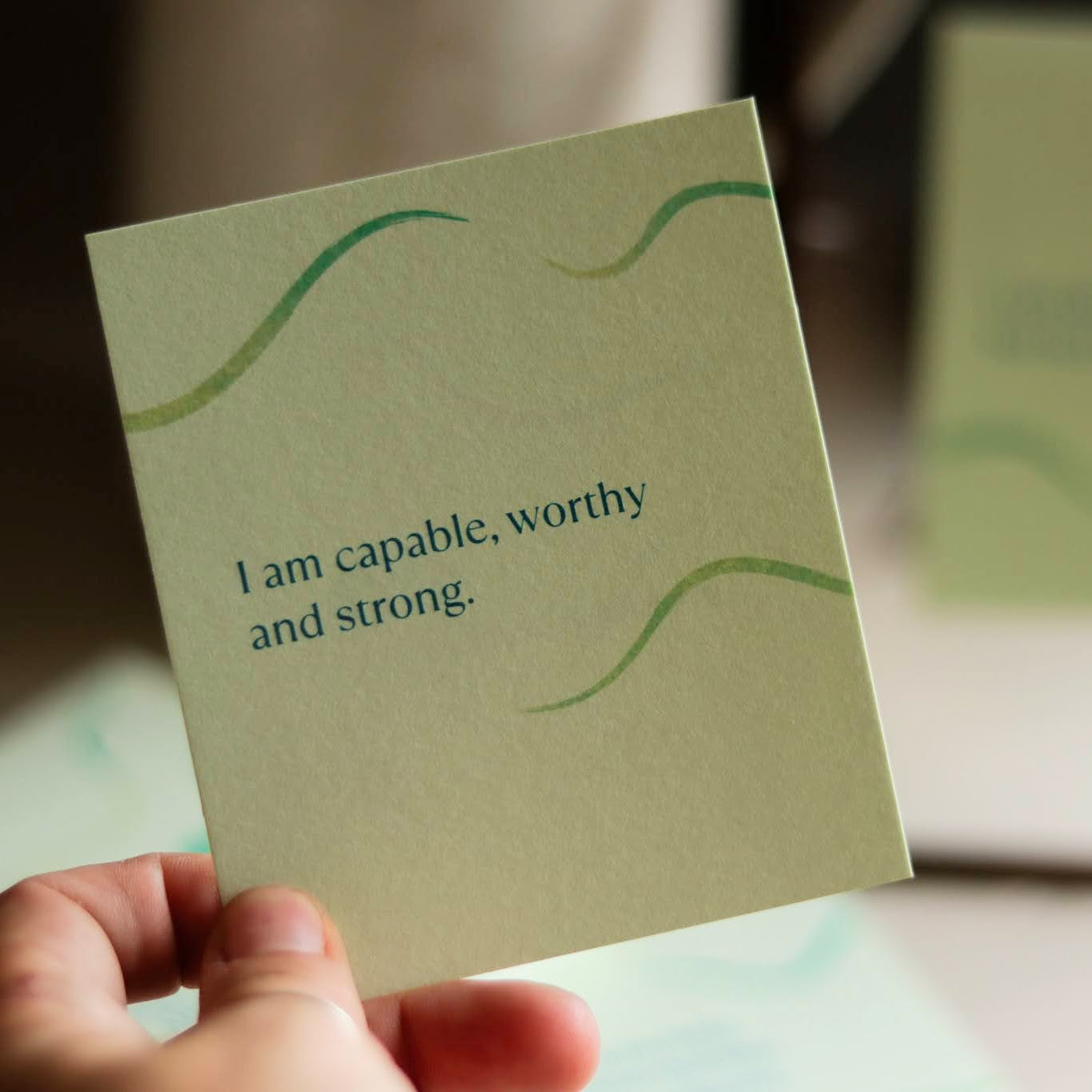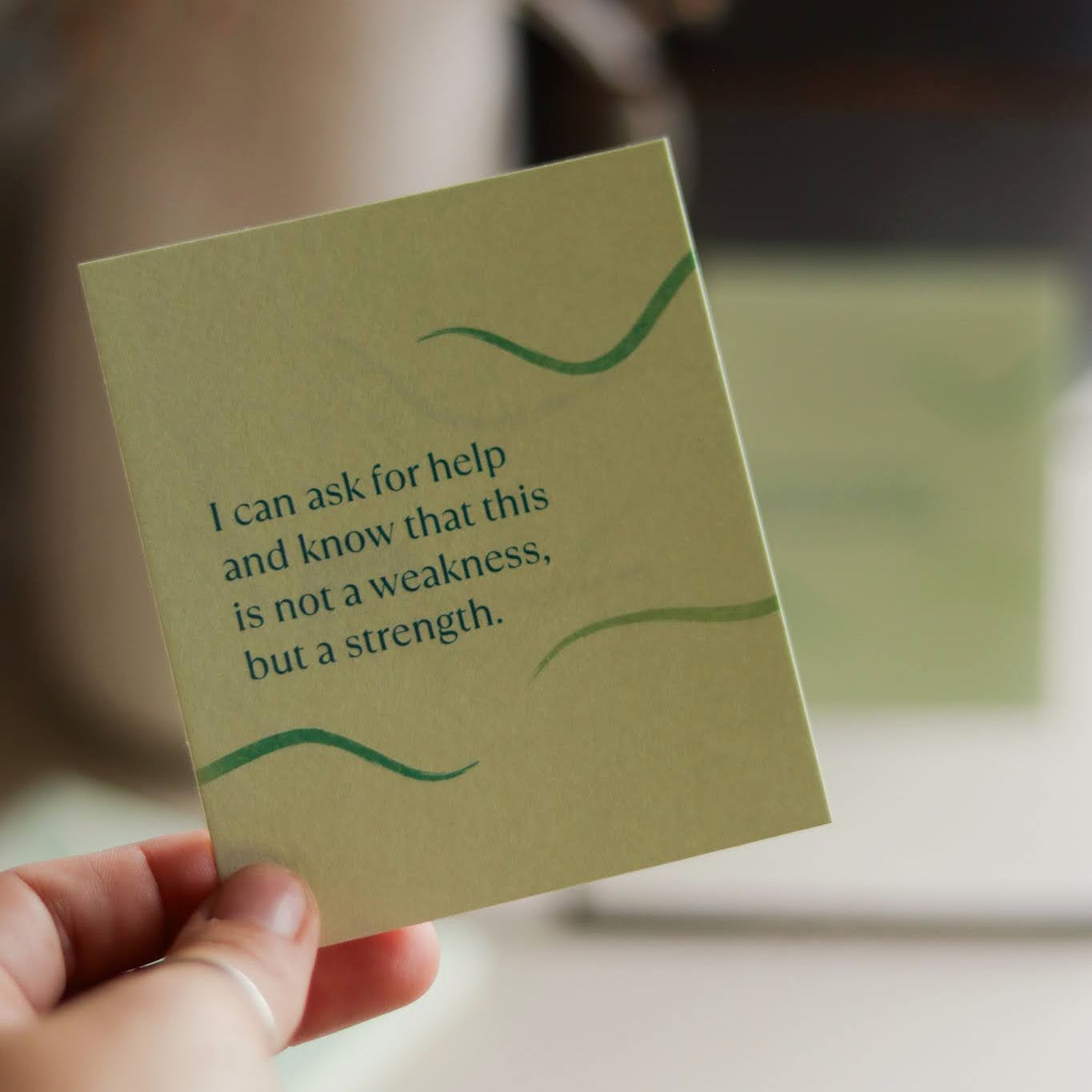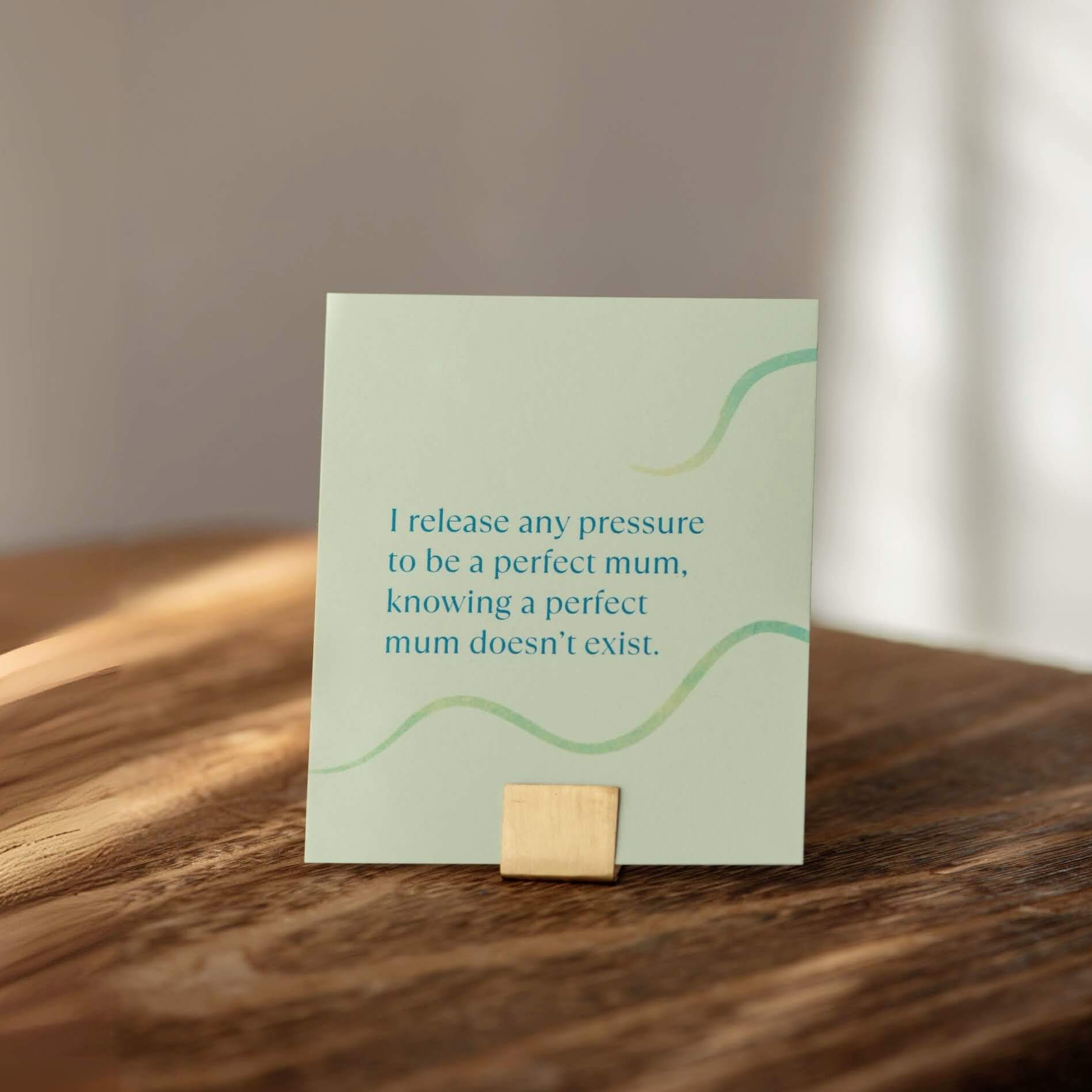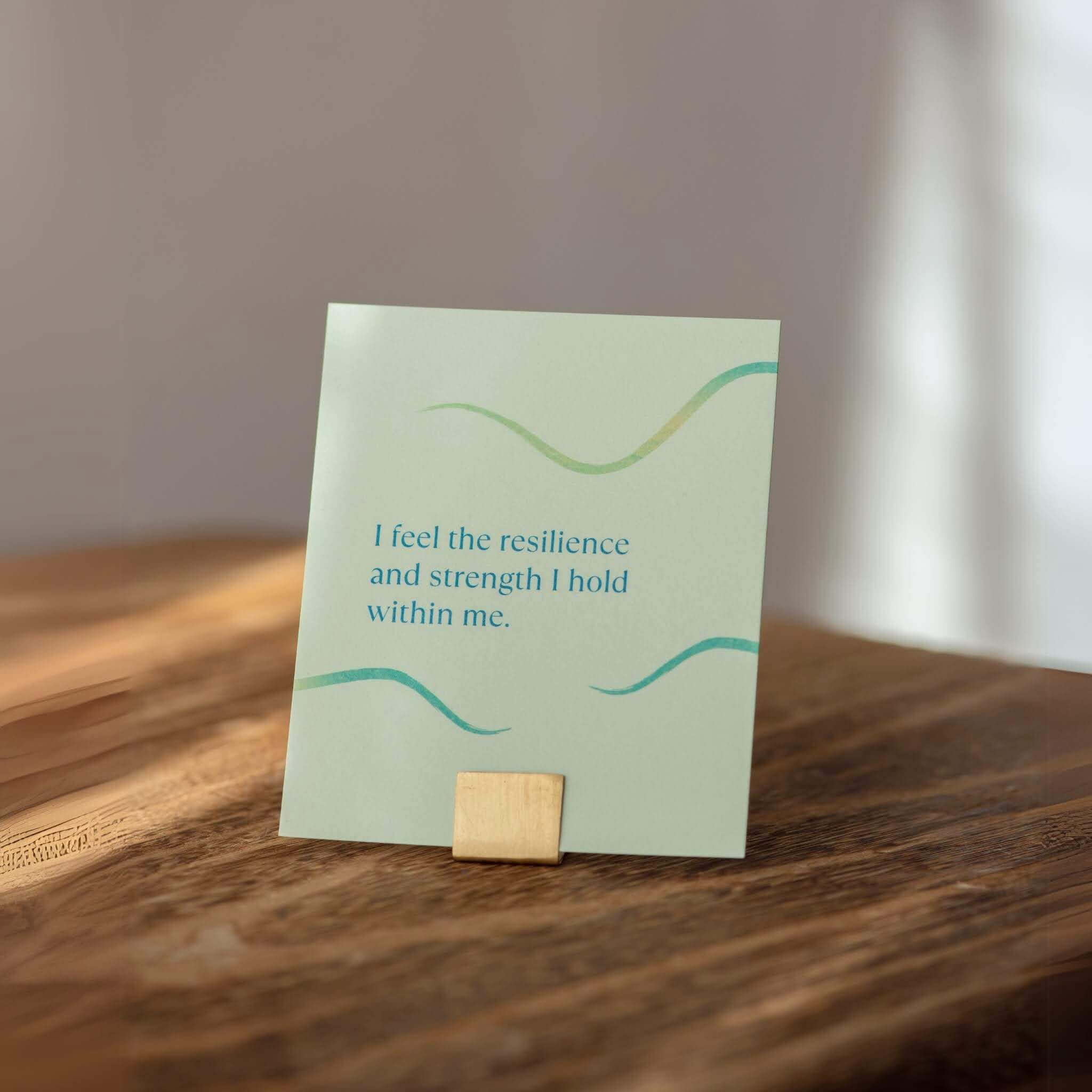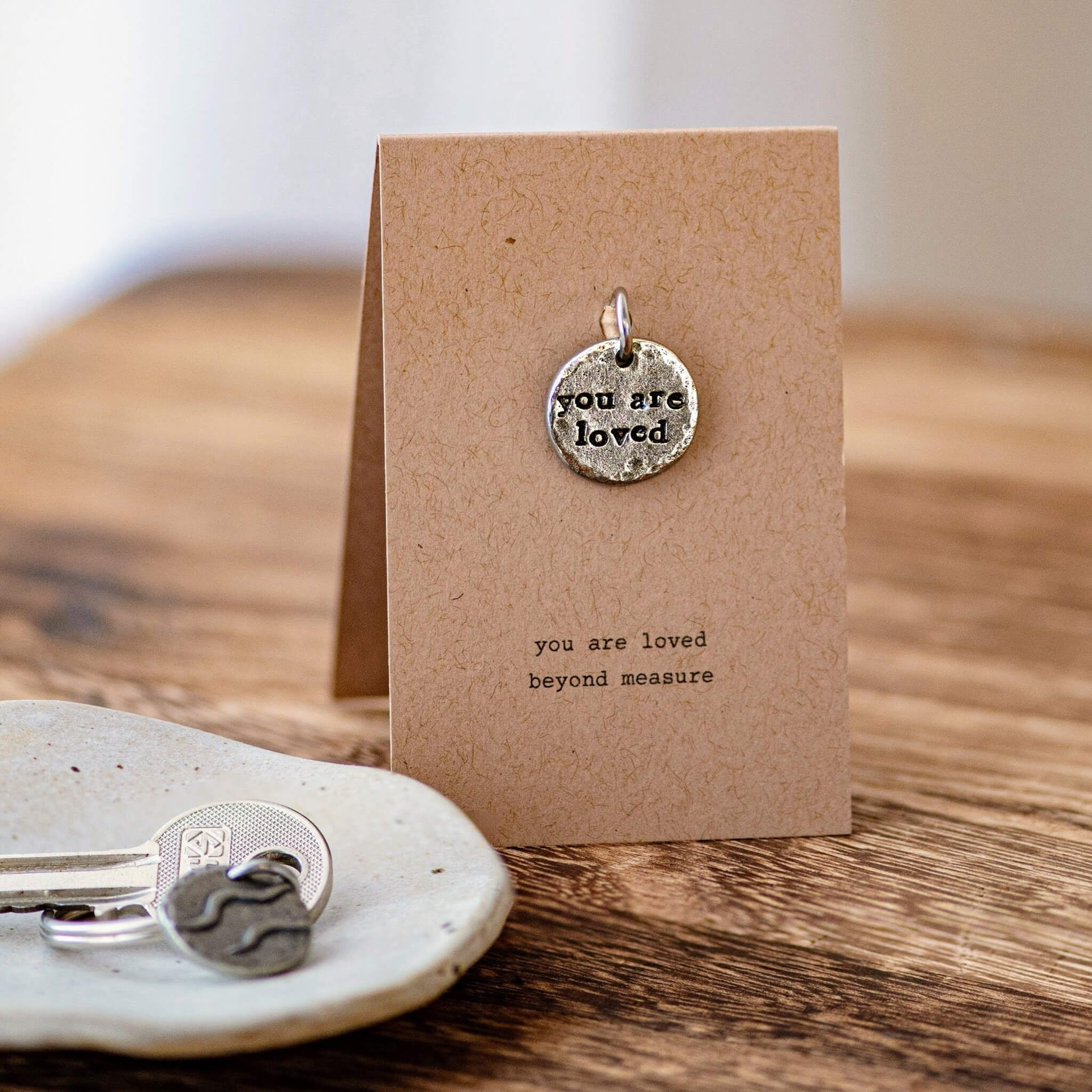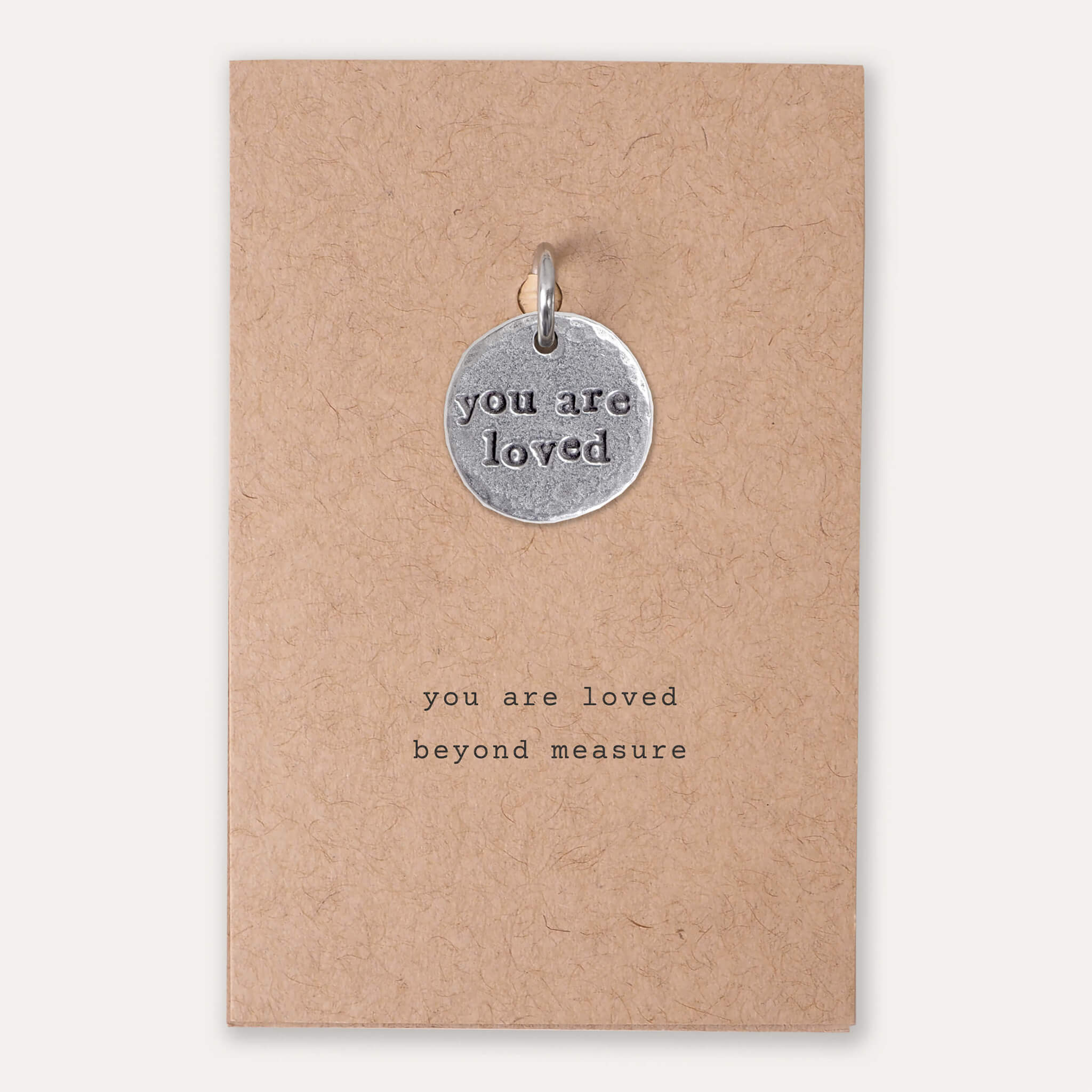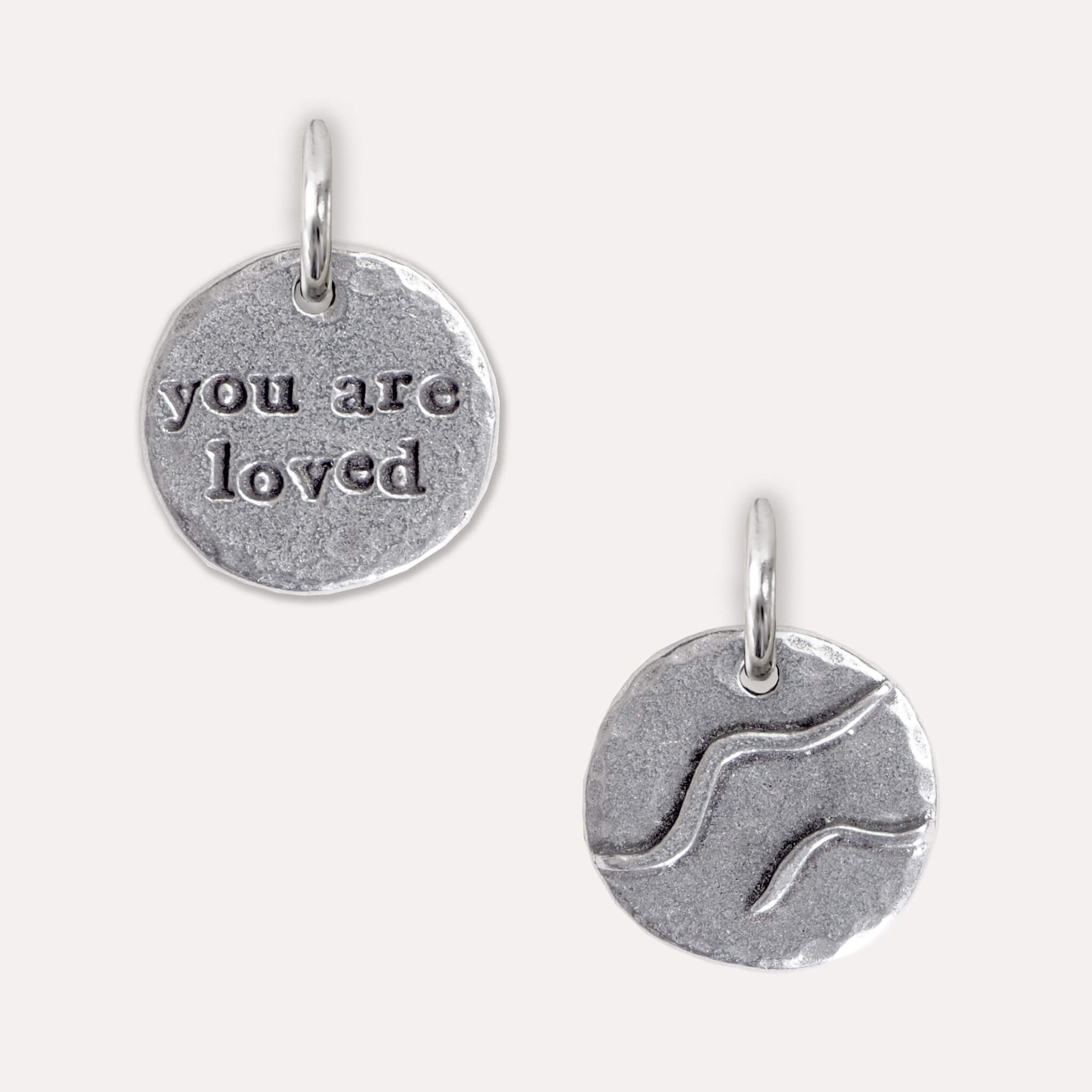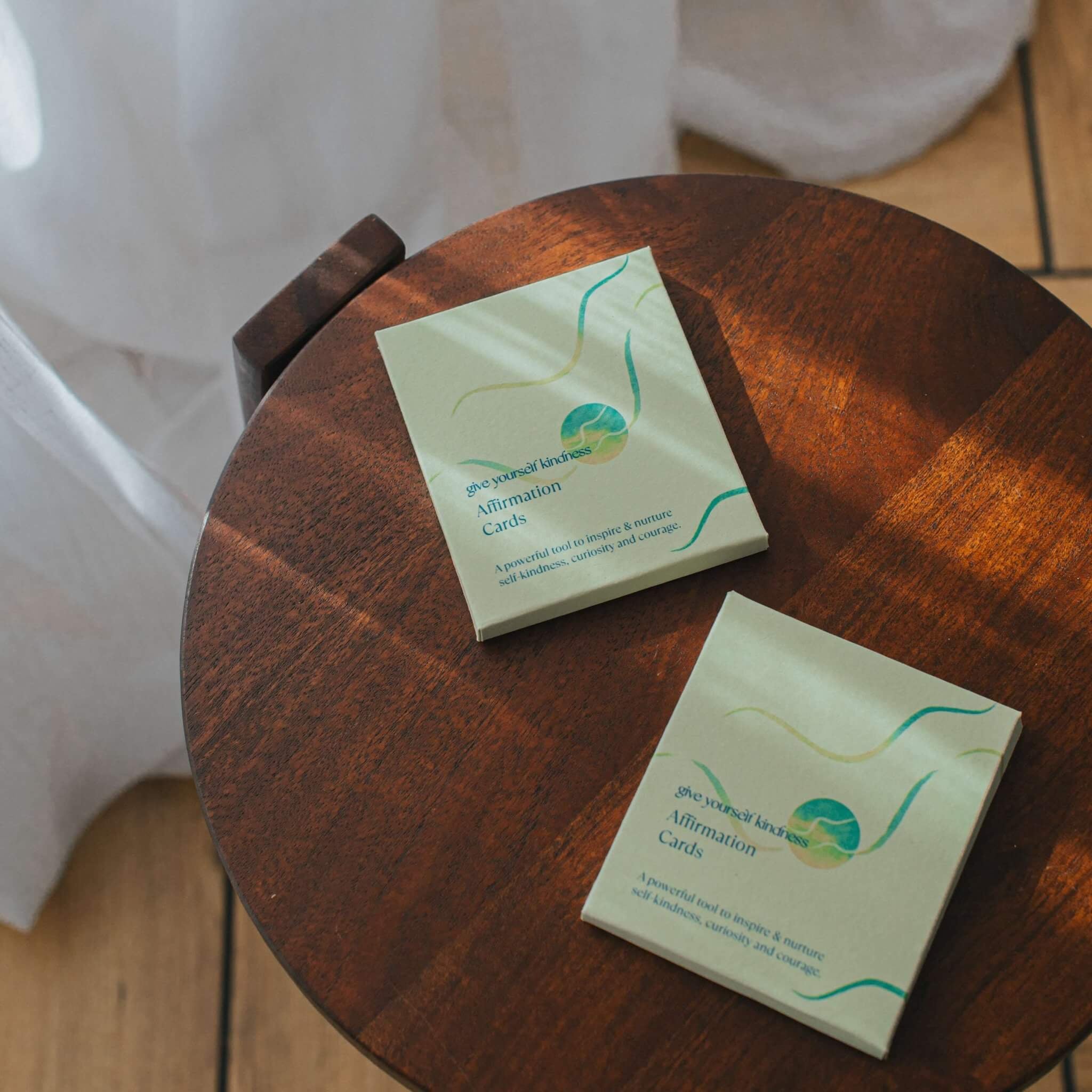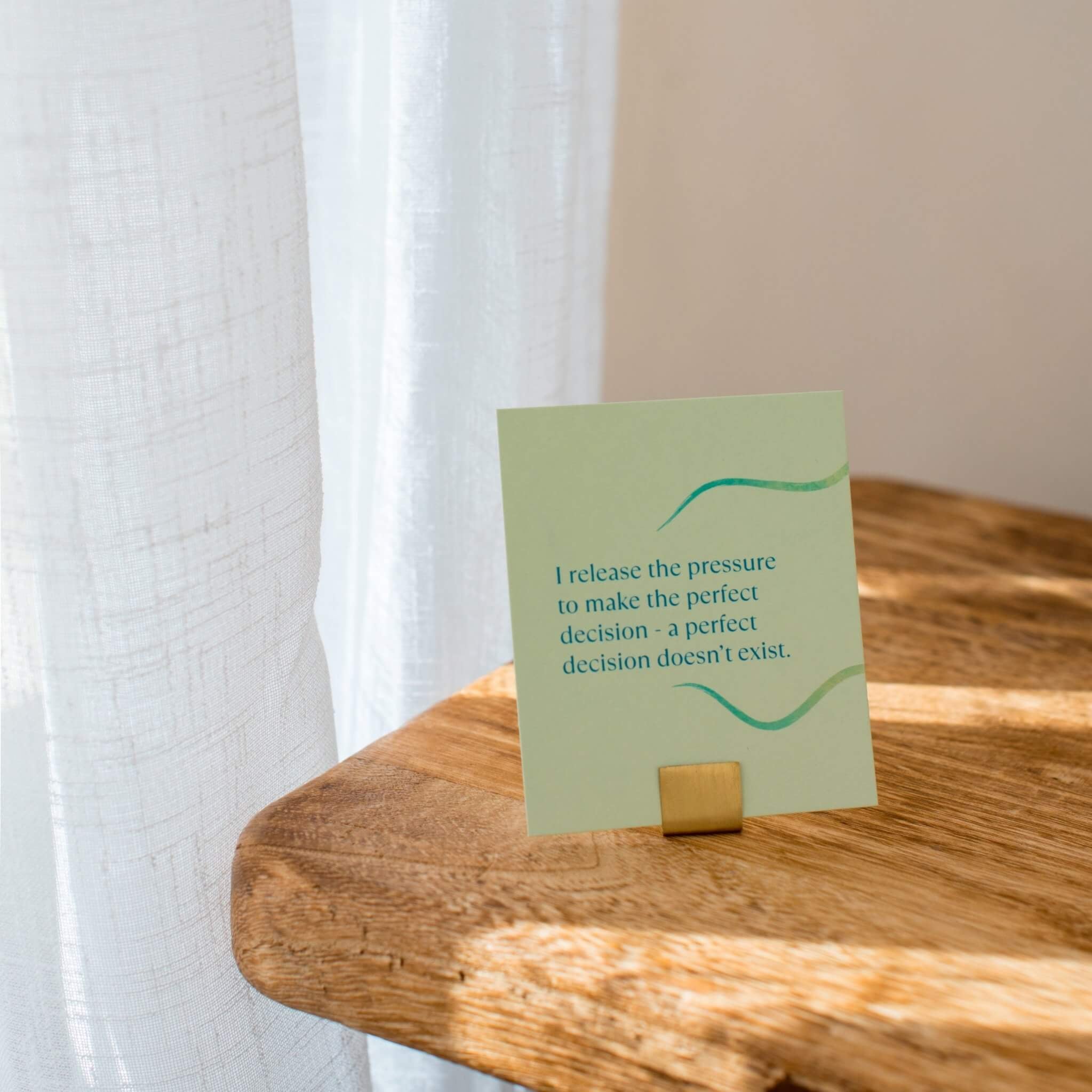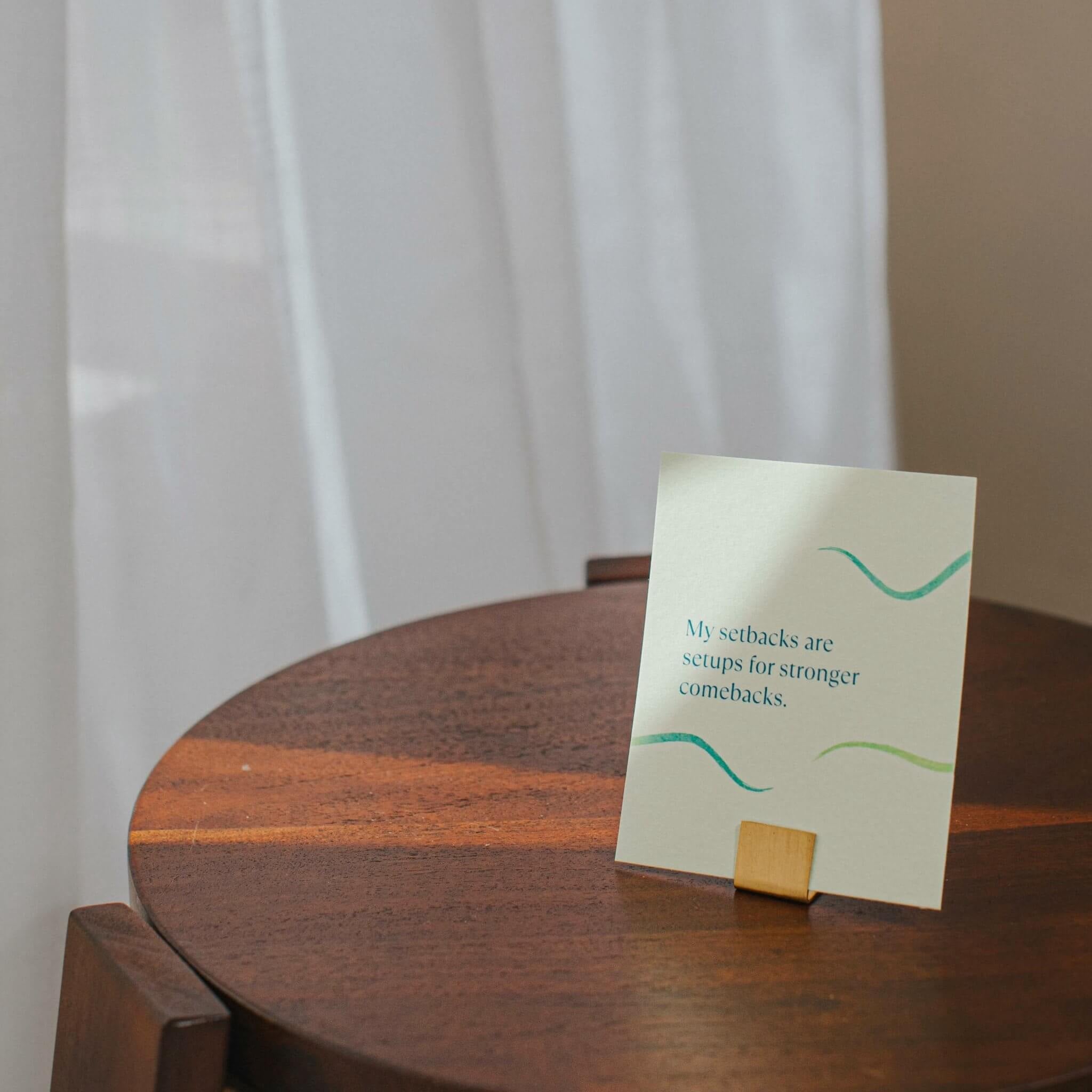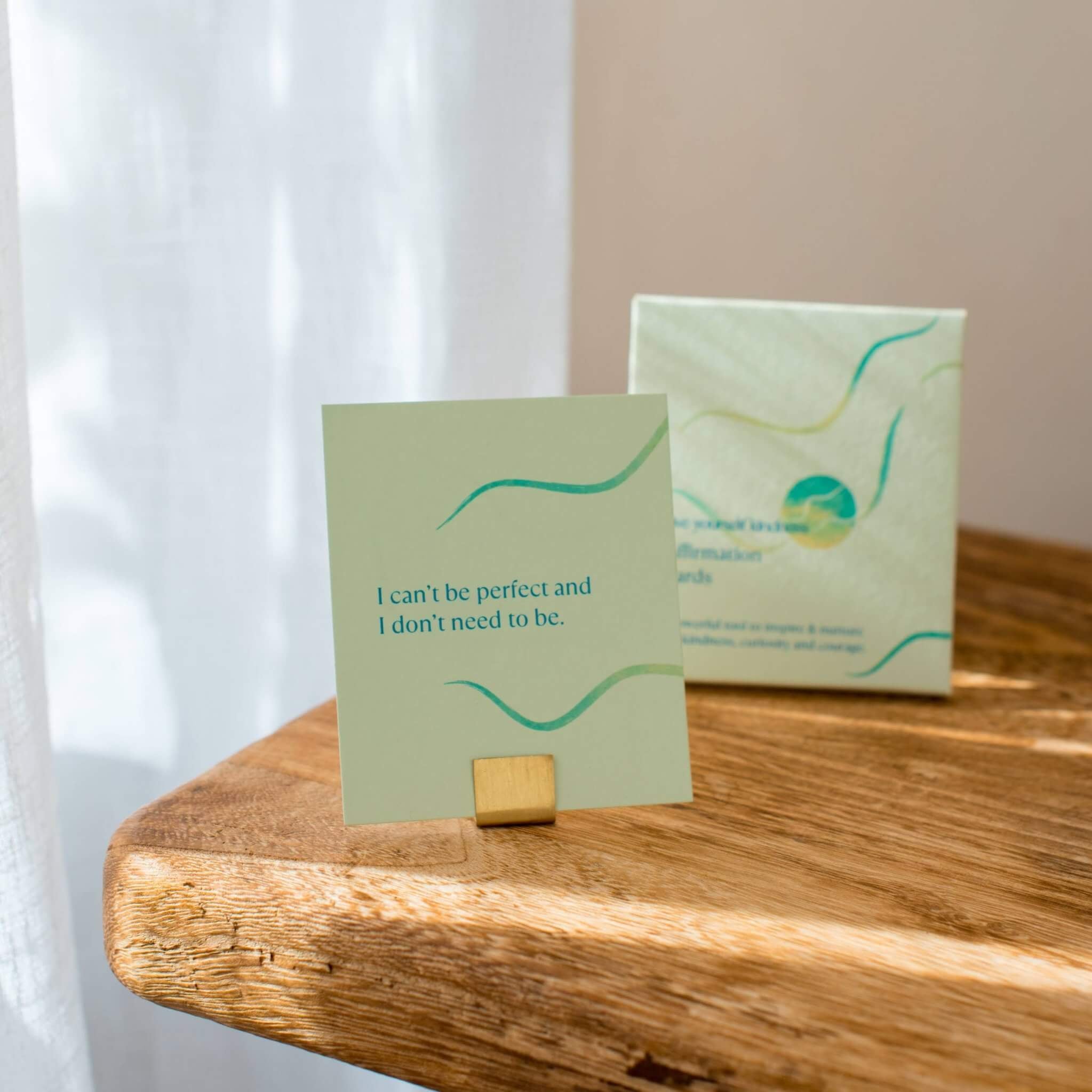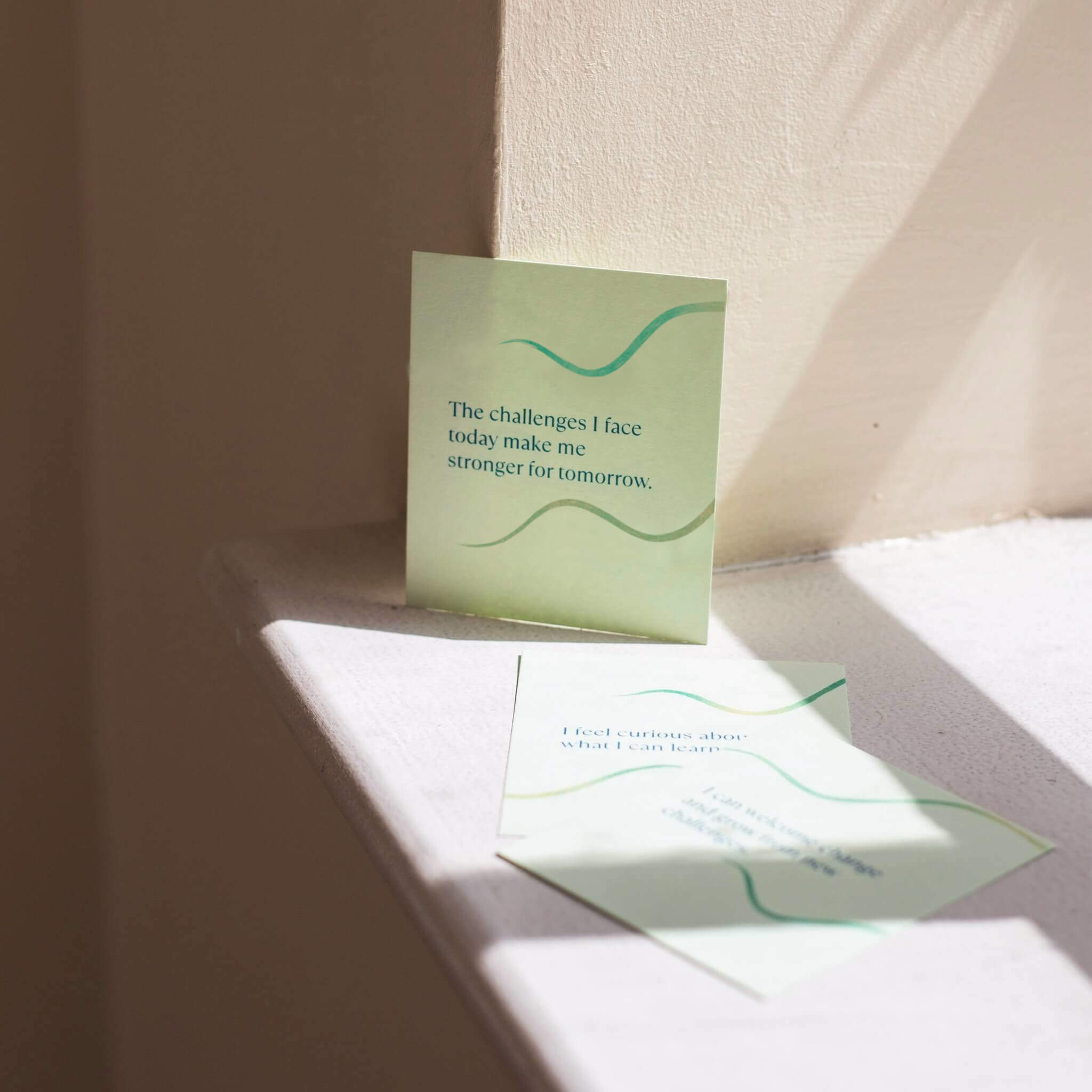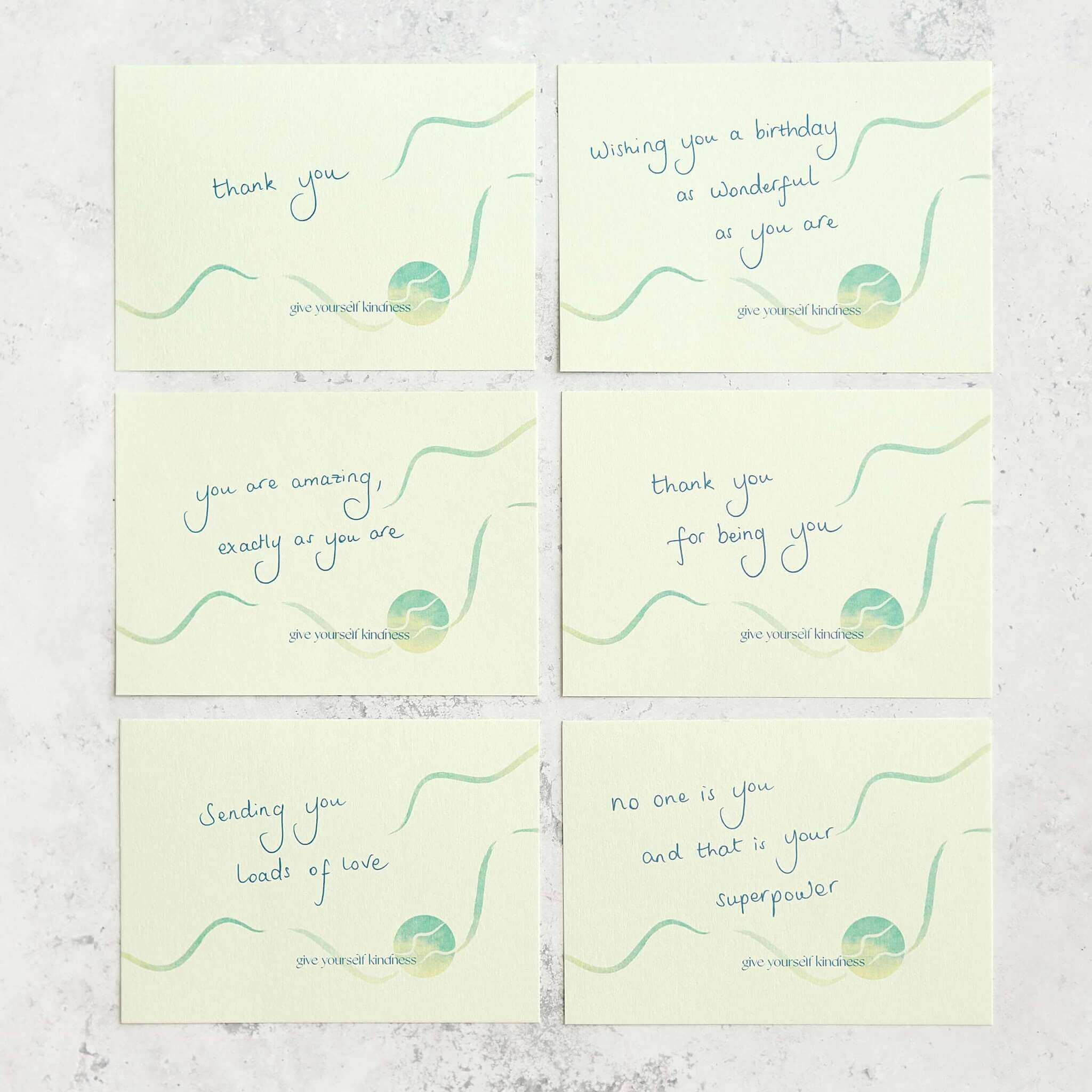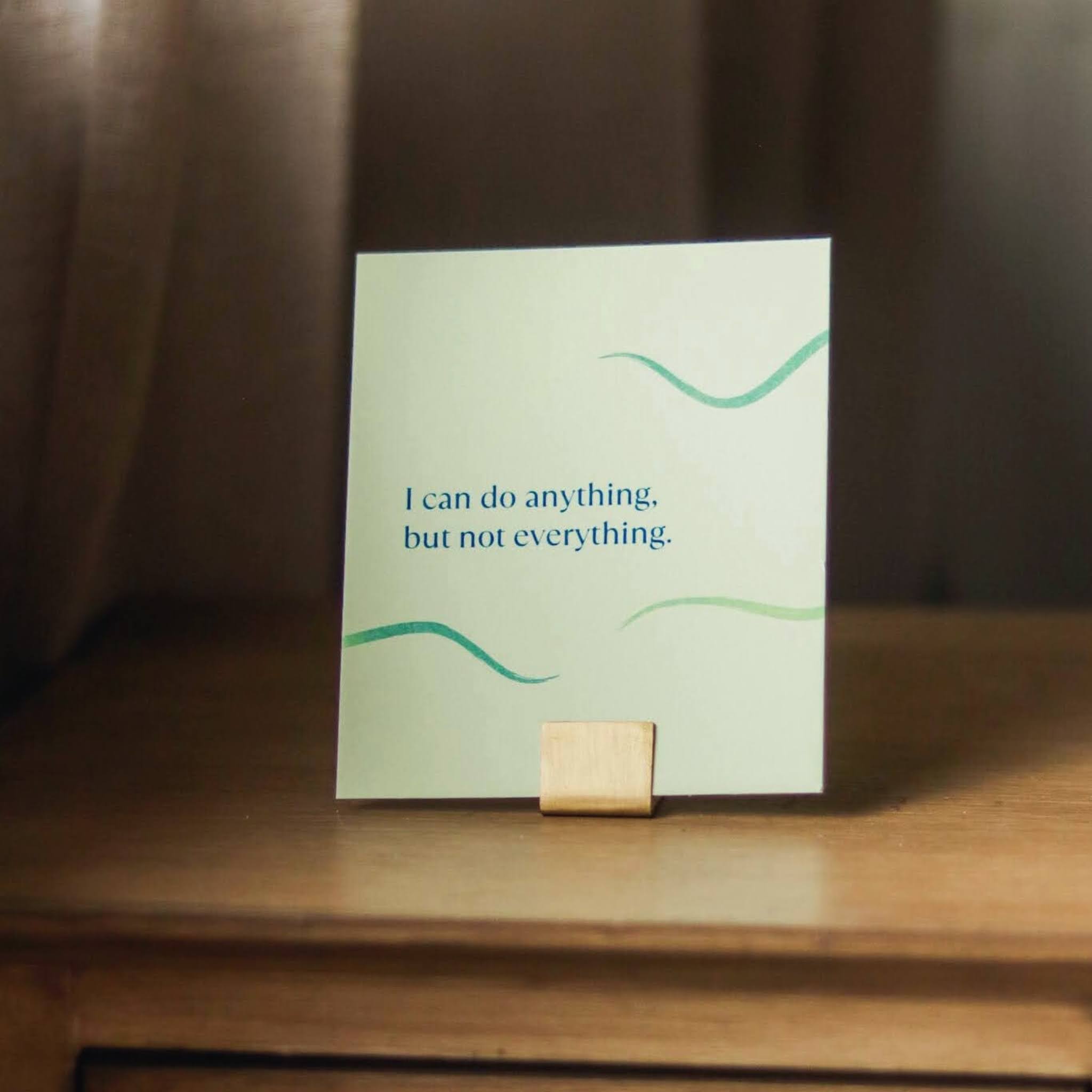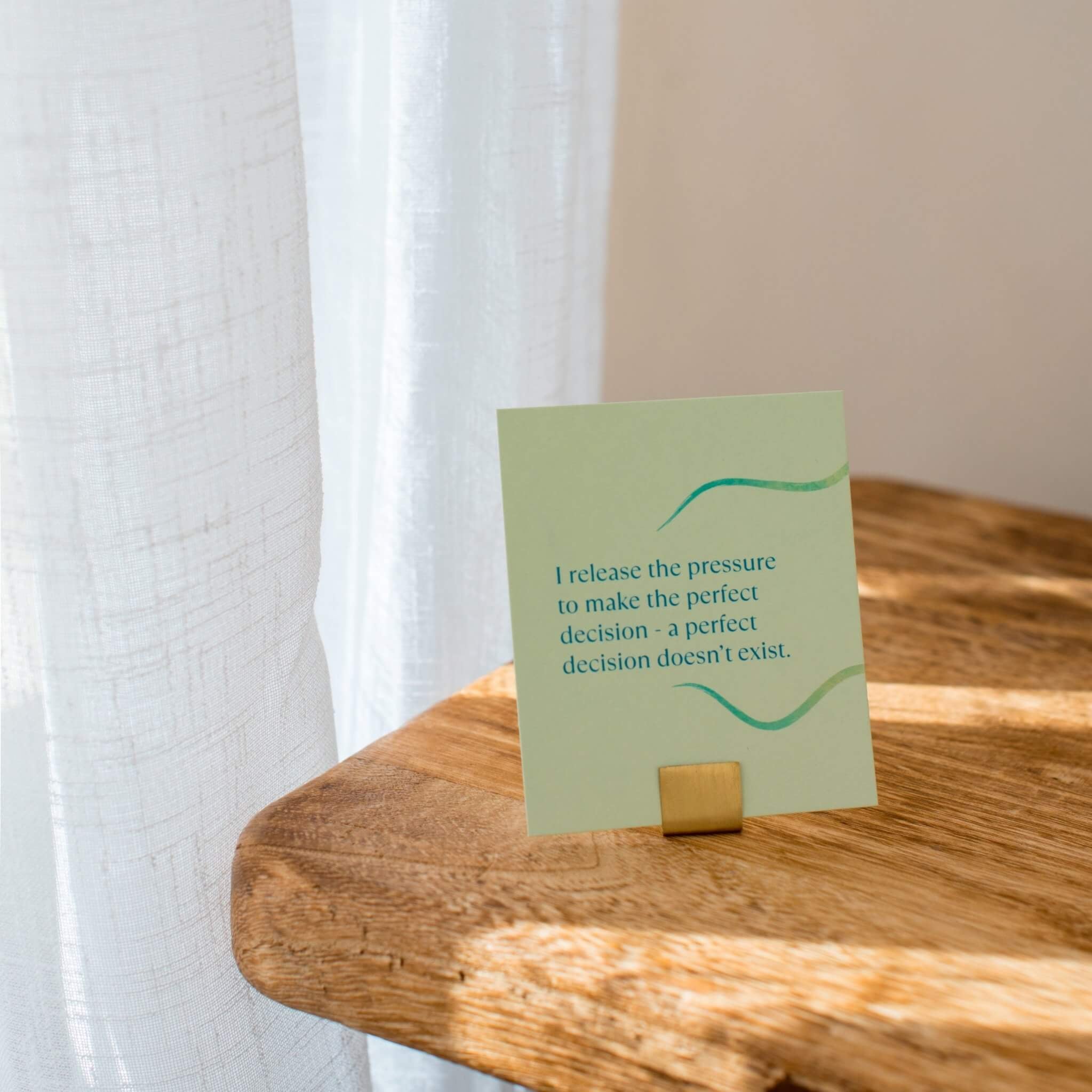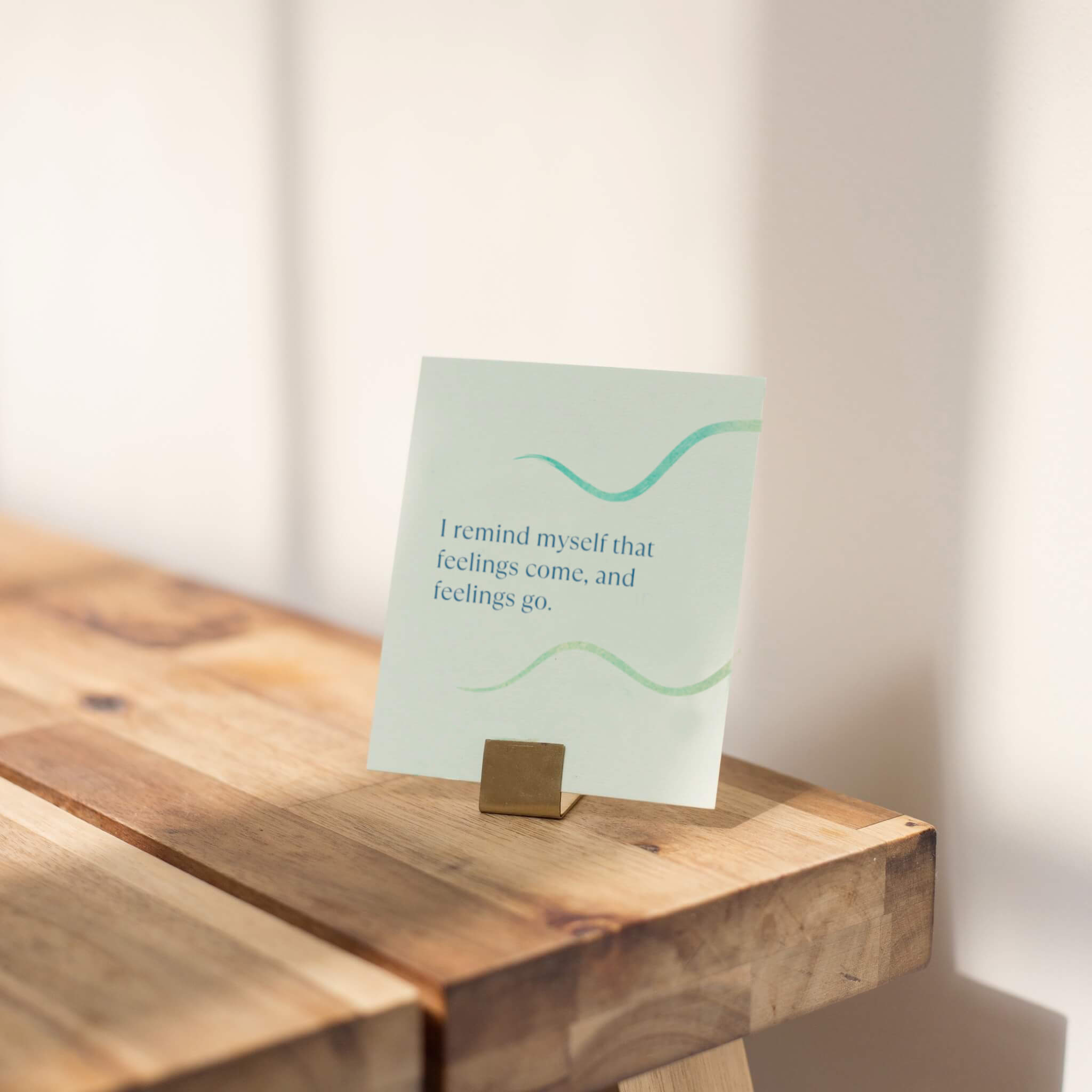written exclusively for Give Yourself Kindness by Dr Bianca Nardini, a London-based clinical psychologist who specialises in helping people who experience anxiety and self-criticism.
We hear a lot about self-compassion these days. Psychologists tout its benefits, books explain its importance, and therapists encourage us to practice it.
Yet for many of us, being kind to ourselves remains surprisingly difficult.
What is self-compassion, really?
Before exploring why it's so challenging, let's clarify what self-compassion actually involves:
- Wise understanding that you have a tricky brain that gets stuck in unhelpful thought loops—and importantly, this is not your fault
- Sensitivity to suffering—a willingness to turn toward rather than away from your distress
- Caring commitment to actually do something about that suffering
In essence, self-compassion means changing how you relate to yourself—transforming that inner monologue from a harsh critic to a supportive ally.
'transforming that inner monologue from a harsh critic to a supportive ally'
The resistance we feel
In my therapy practice, when I introduce clients to self-compassion, I'm always curious about their gut reaction.
I explore this with a thought experiment:
"Imagine something magical happened tonight, and when you wake up tomorrow, your inner critic is completely gone.
What would worry you about that?
Would you be reluctant to give it up?"
The answers reveal why self-compassion feels so difficult:
Most people fear that becoming self-compassionate means they'll "let themselves off the hook" or "make excuses" for their behavior.
They worry this will lead to lowering their standards and failing as parents, workers, or partners.
Put simply: we've come to believe that self-criticism is what keeps us on track.
A tale of two coaches
Consider this scenario:
Your closest friend has decided to train for a marathon. Because you care deeply about them, you want to hire them the best coach possible.
You interview two candidates:
Coach #1 prides itself on motivating athletes through harsh criticism. During training, they shout:
"FASTER! MY GRANDMOTHER RUNS QUICKER THAN YOU!" and "YOU'RE DELUSIONAL TO THINK YOU COULD FINISH A MARATHON!"
Coach #2 takes a different approach. They understand marathons are challenging and focus on encouragement:
"Keep going! You're making progress!" They say things like, "I can see how hard you're trying, and I know this is exhausting" and "Remember to hydrate and pace yourself—this is a long journey."
Both coaches want your friend to succeed. Which would you hire?
The answer seems obvious when choosing for someone else. Yet many of us default to Coach #1's approach with ourselves.
The real challenge of self-compassion
Self-compassion is difficult because it requires letting go of patterns we've carried for years—patterns of self-criticism and shame that feel like integral parts of our identity.
'trusting that kindness toward ourselves can be both comforting and motivating'
It demands taking a leap of faith and trusting that kindness toward ourselves can be both comforting and motivating.
Self-compassion isn't about lowering your standards
The path to self-compassion isn't about lowering your standards. It's about changing your approach to meeting those standards—using encouragement rather than punishment as your primary tool.
'self-compassion isn't self-indulgence at all'
When we understand this, we begin to see that self-compassion isn't self-indulgence at all. It's an evidence-based approach to helping ourselves thrive.[i]
And though it may feel unfamiliar at first, like any new path, it becomes easier with practice.

Dr Bianca Nardini is a London-based clinical psychologist. She specialises in helping people who experience anxiety and self-criticism. She is trained in a variety of therapeutic models, including Compassion Focussed Therapy (CFT) and EMDR.





